The simple present LARISA School of Language

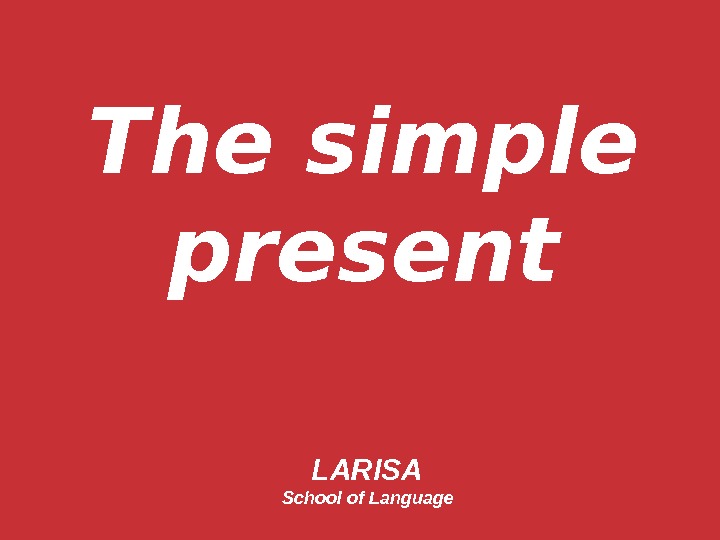
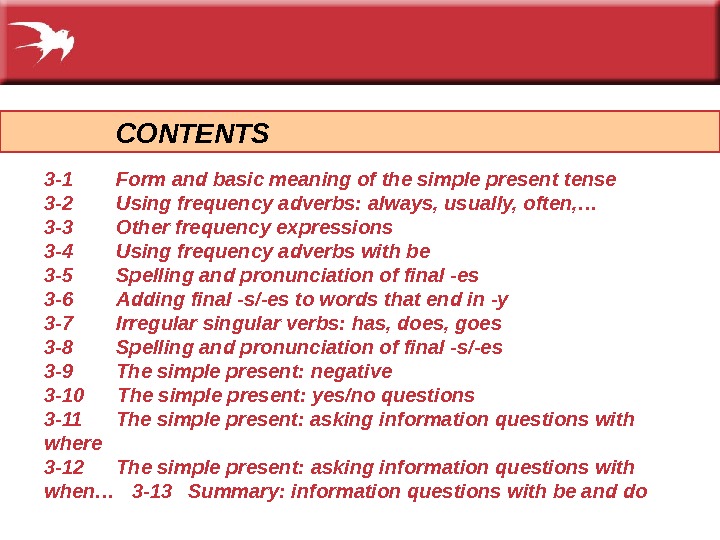
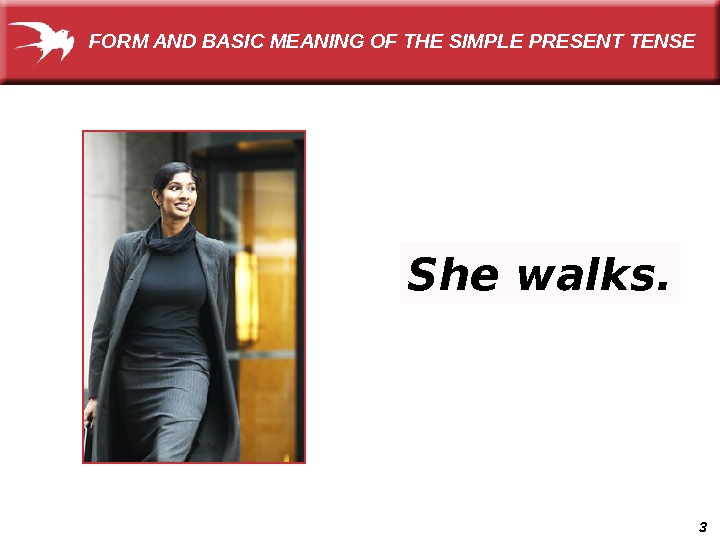
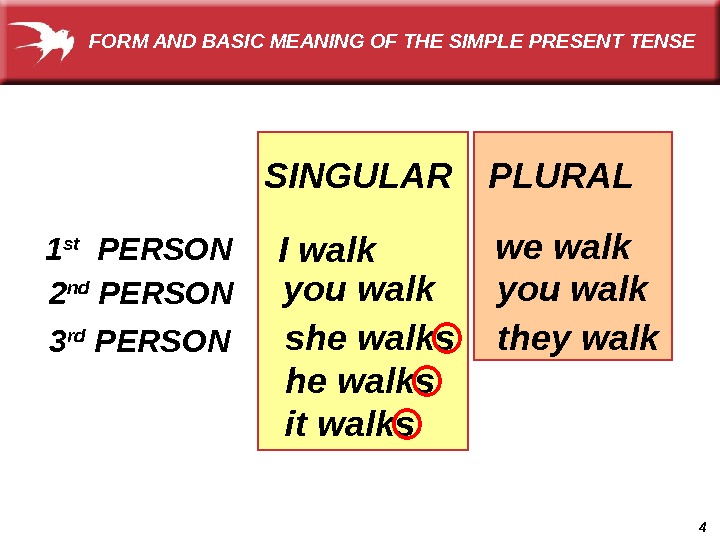
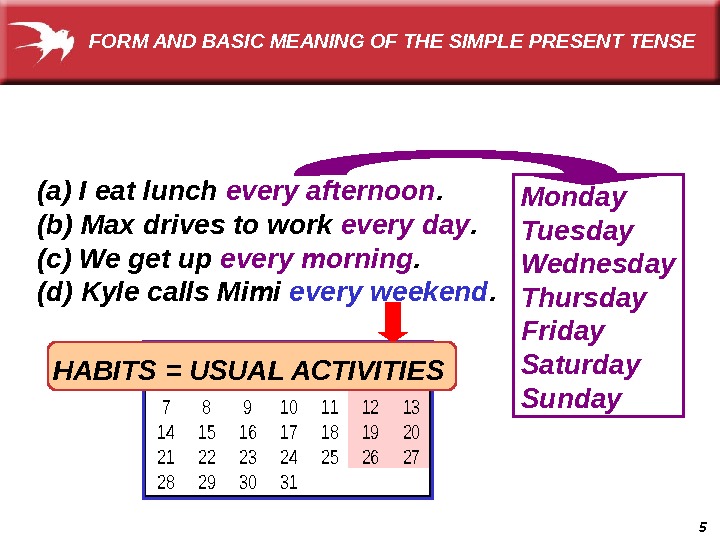
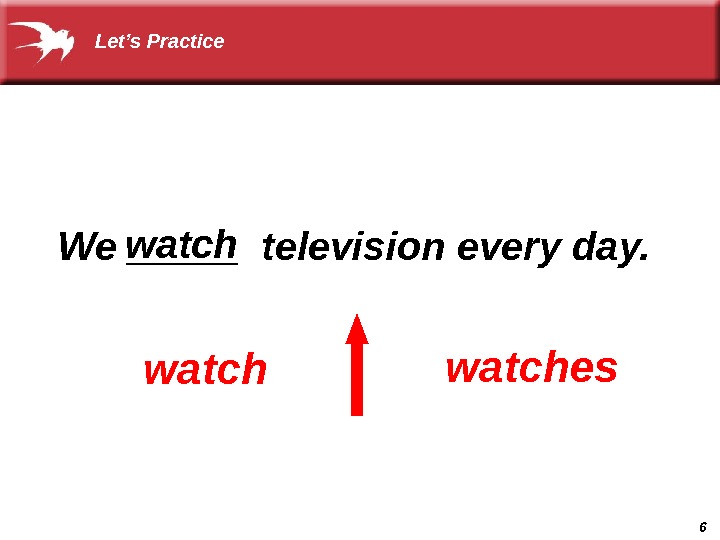
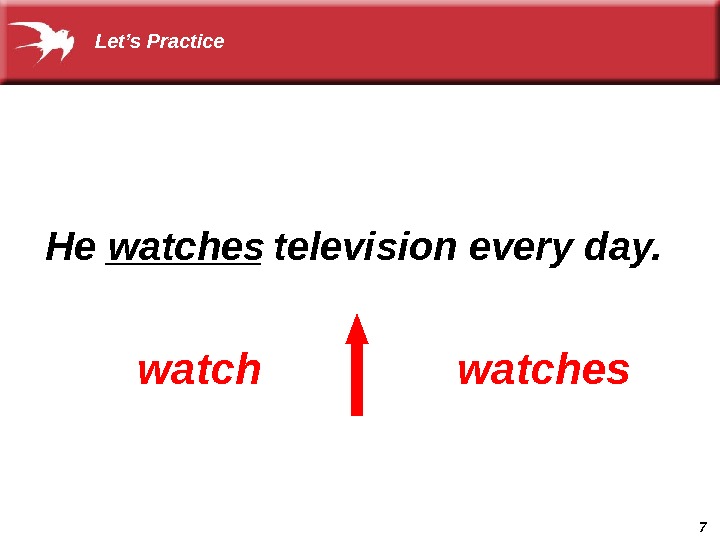
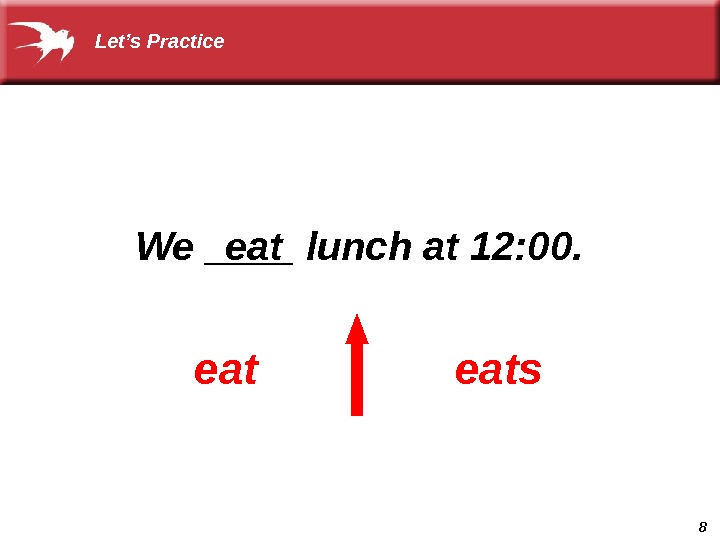
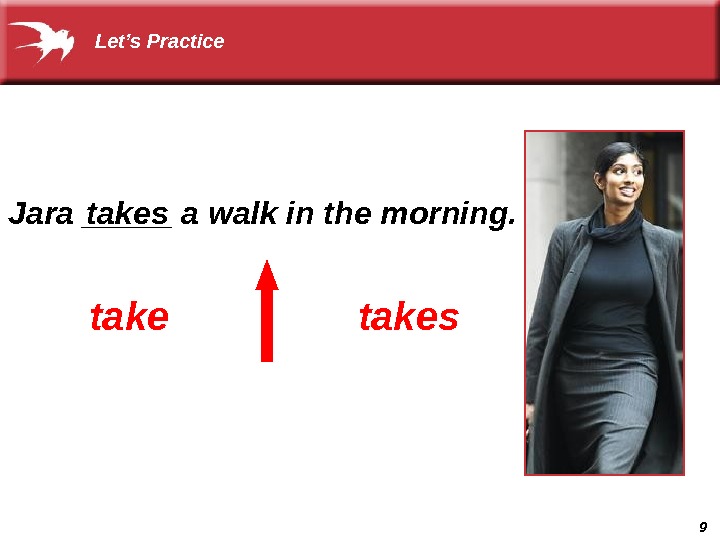
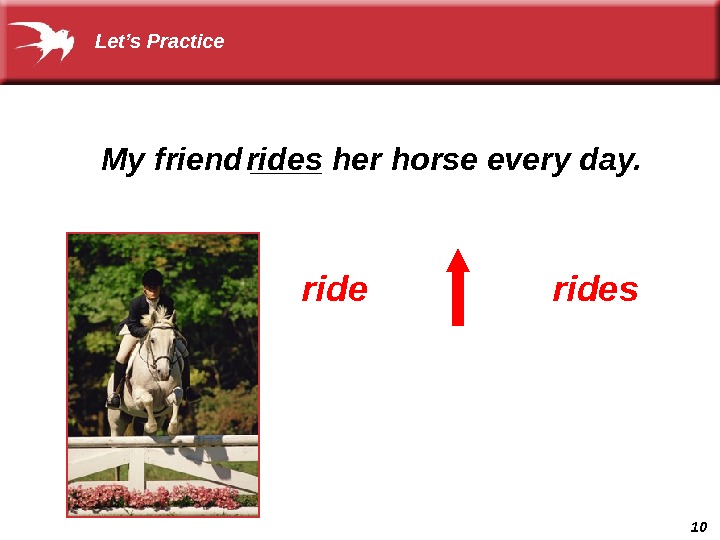
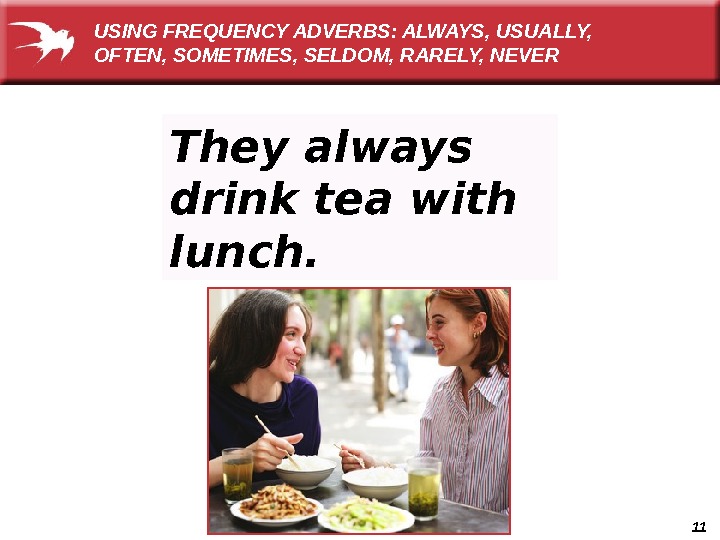
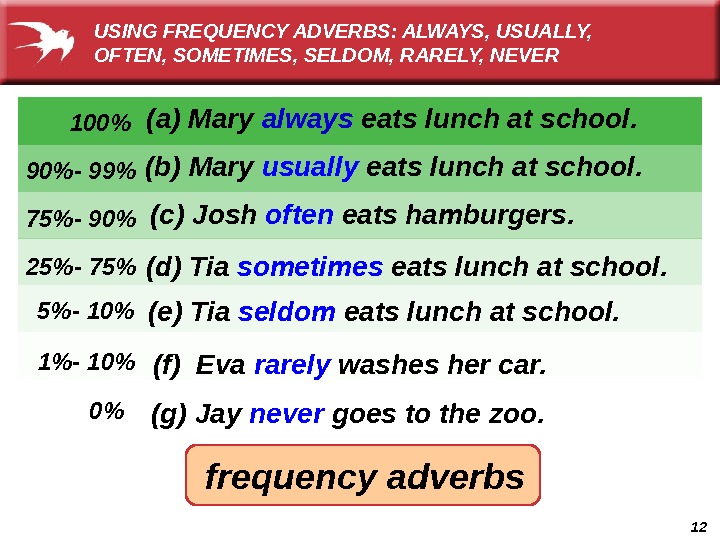
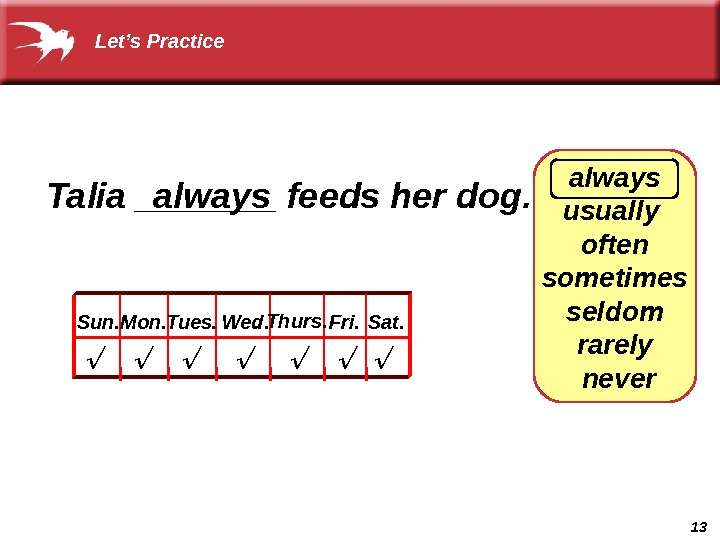
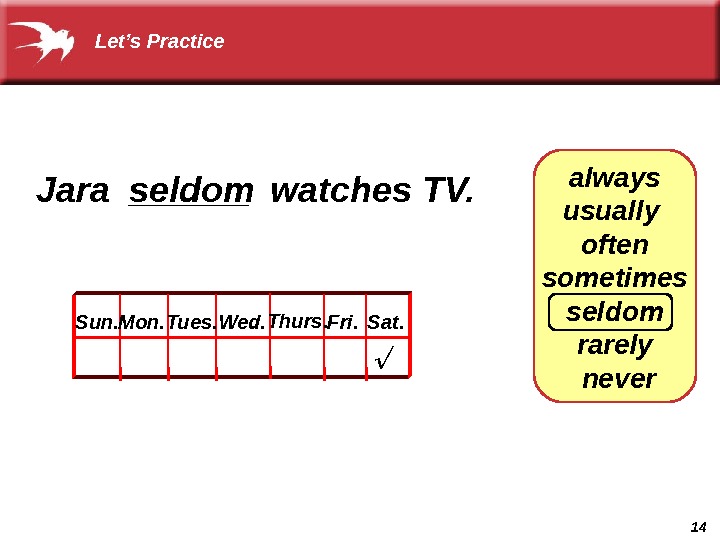
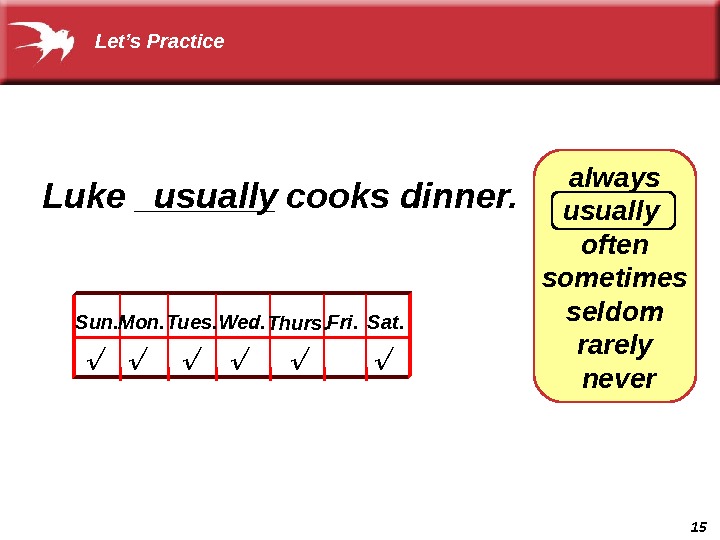
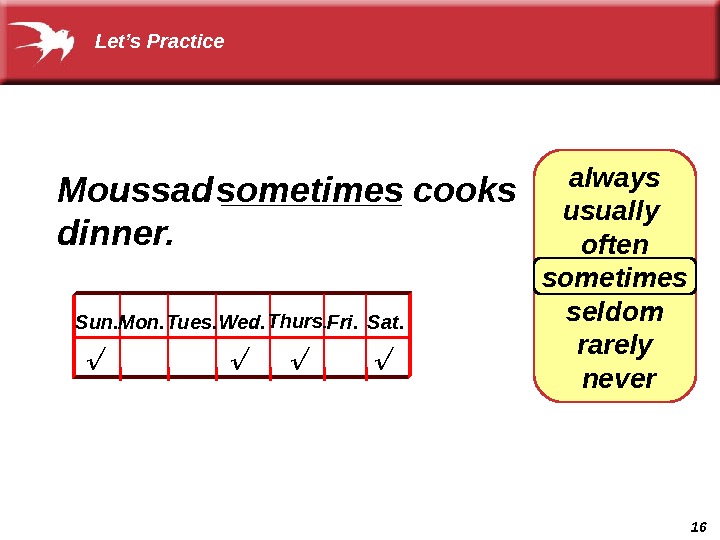
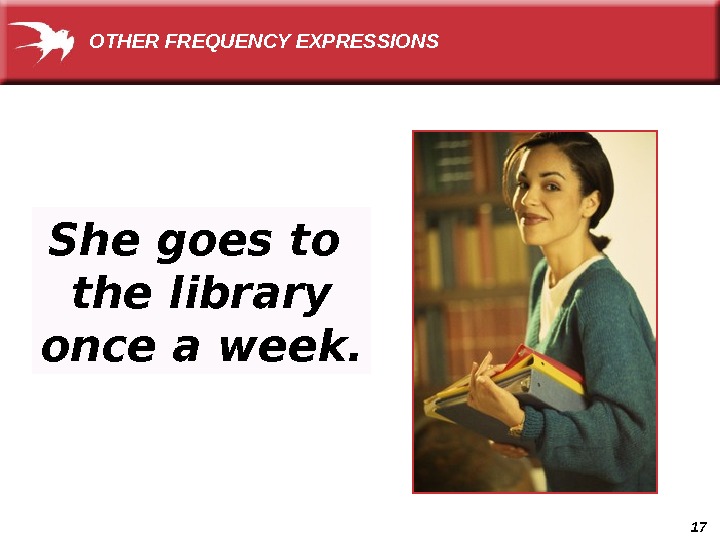
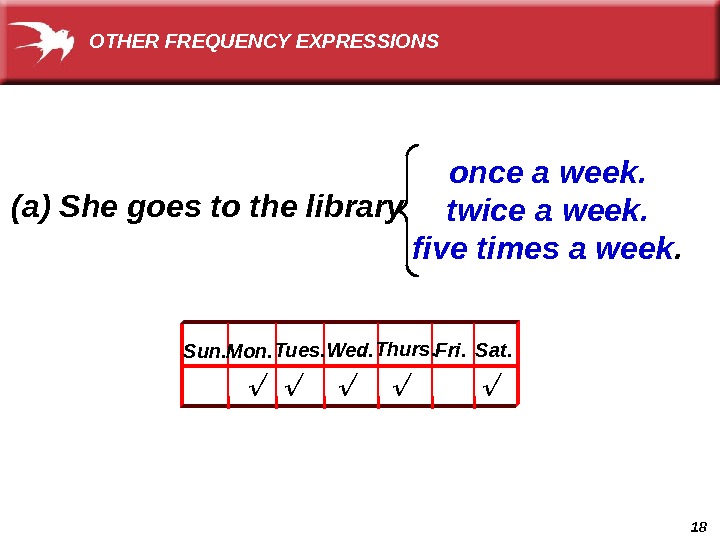
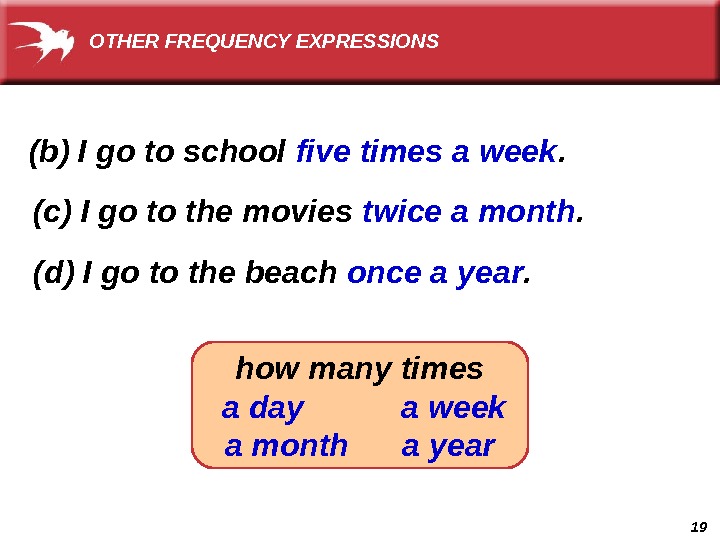
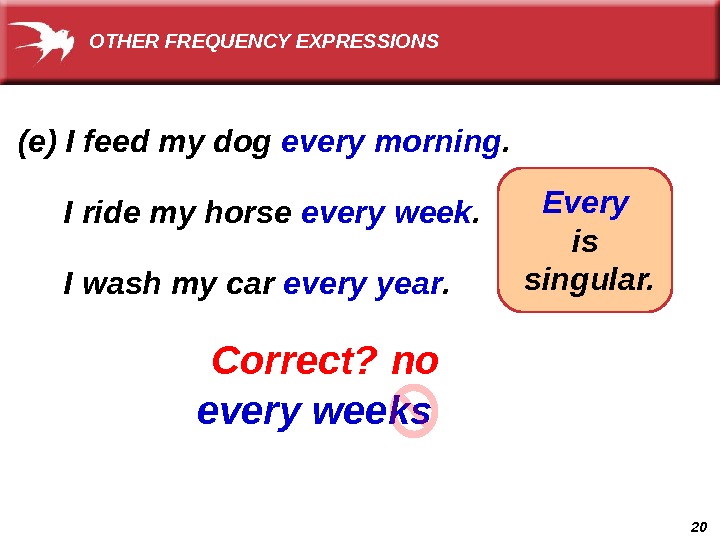
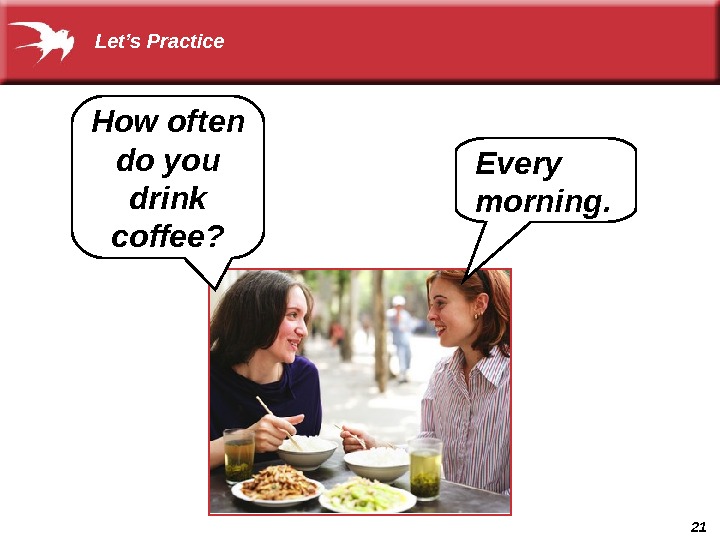
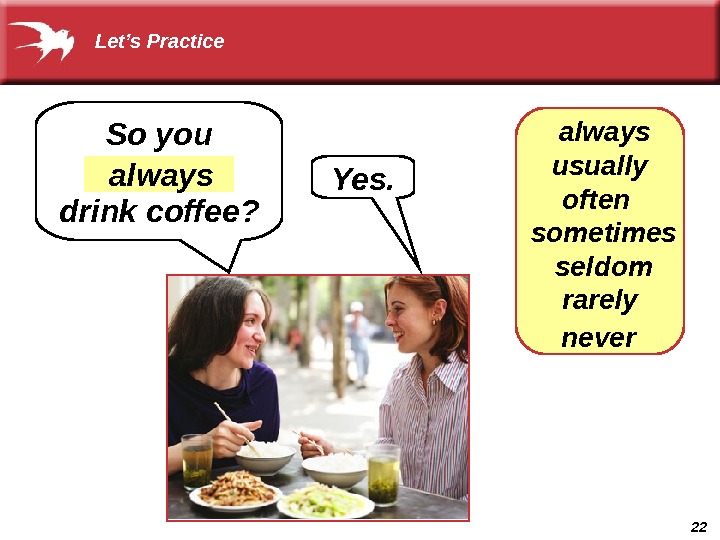
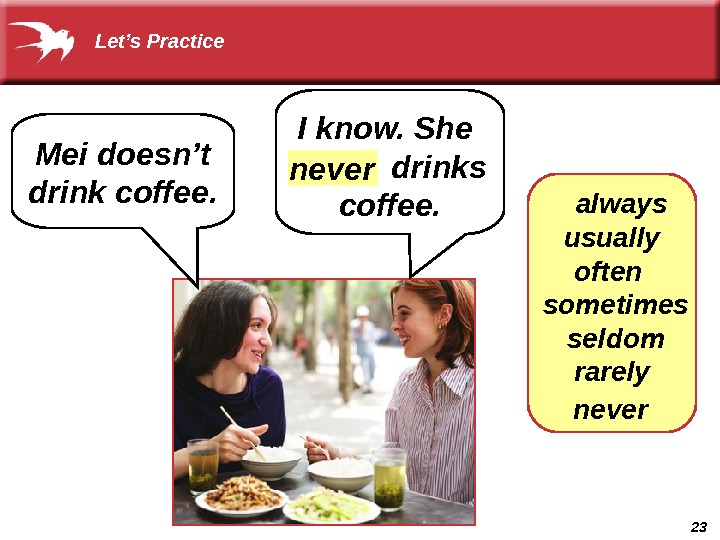
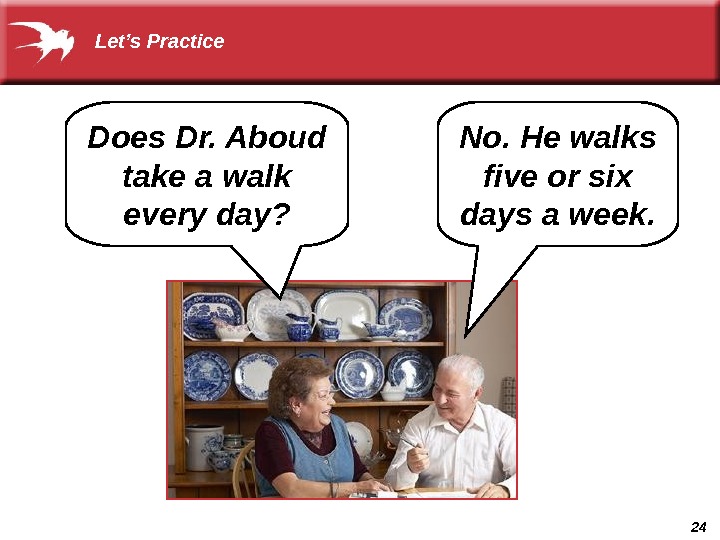
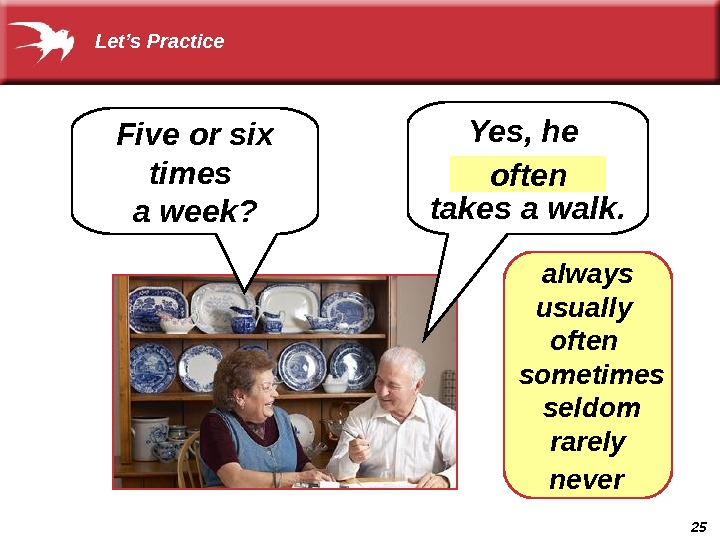
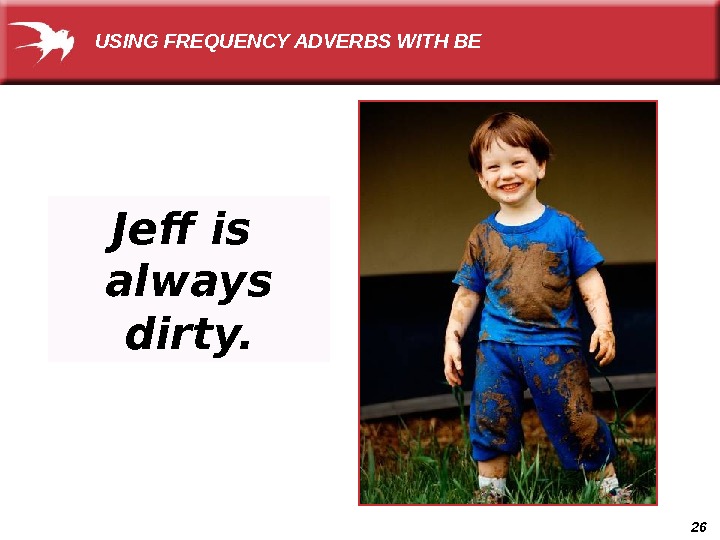
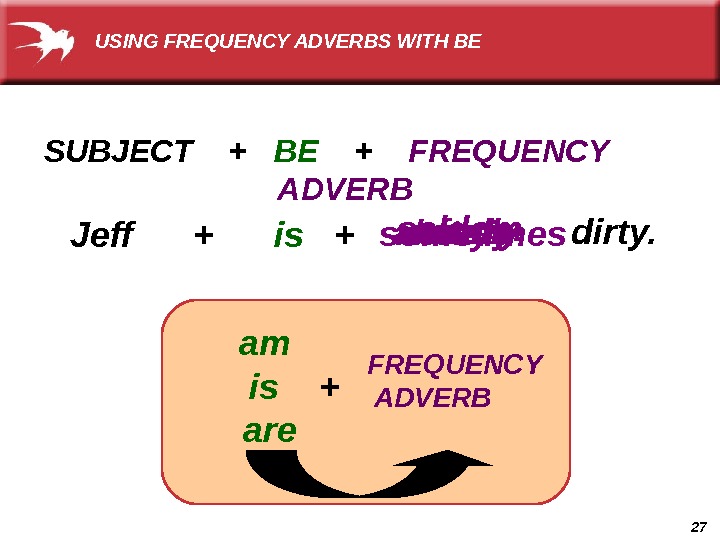
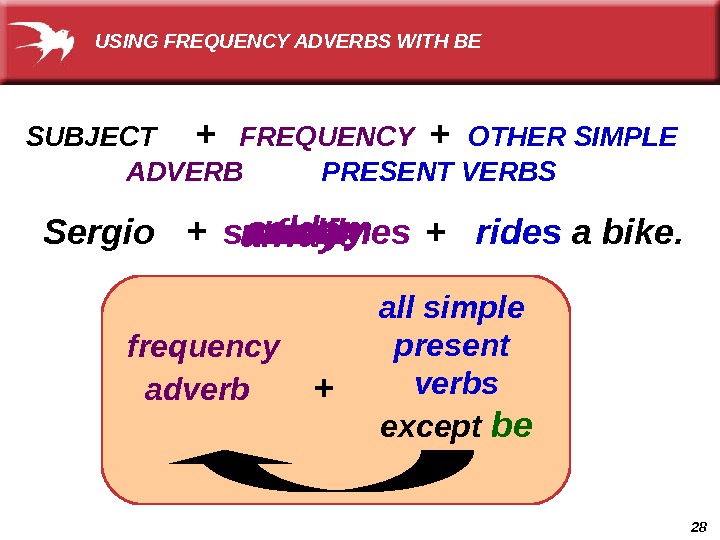
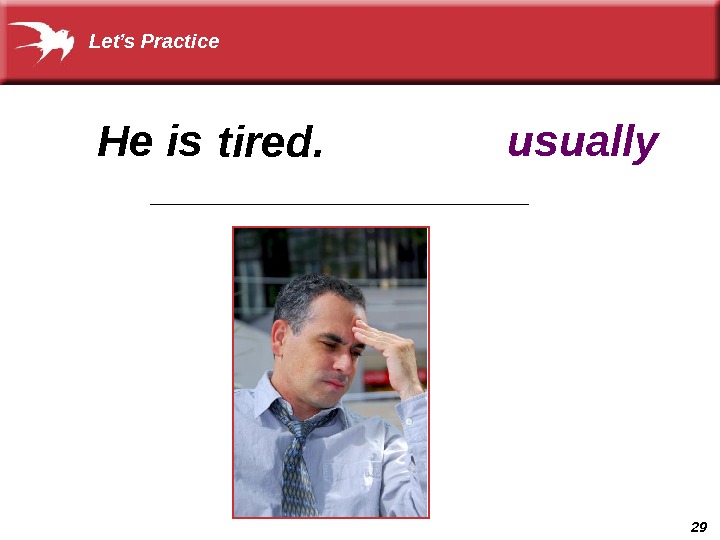
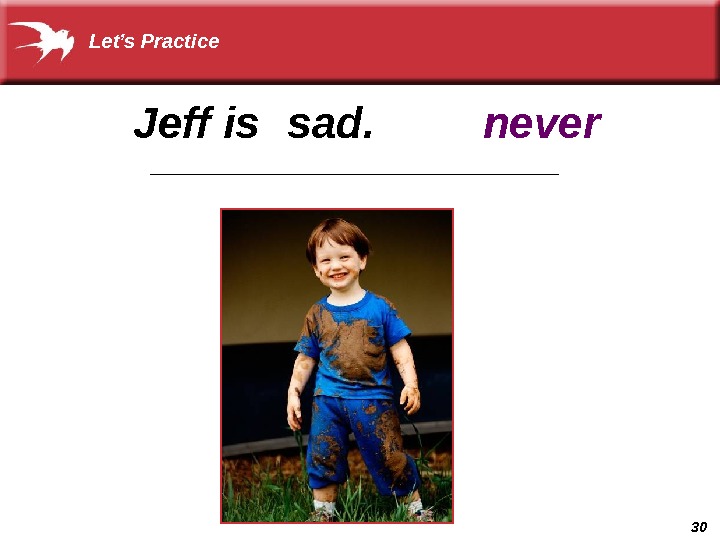
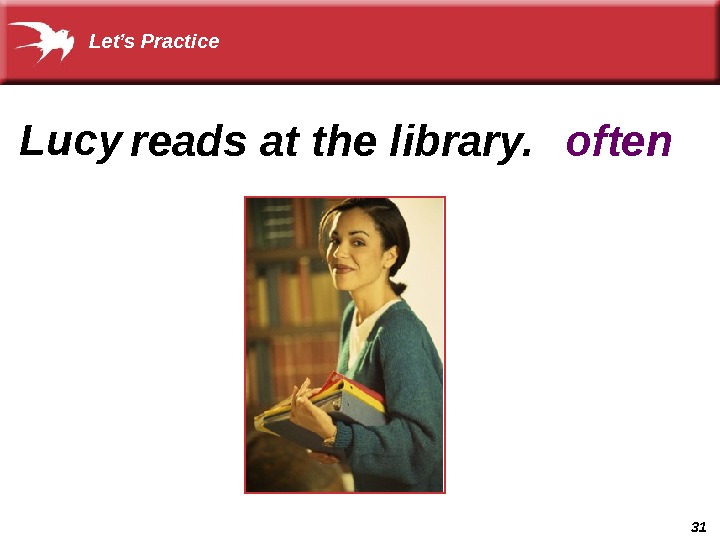
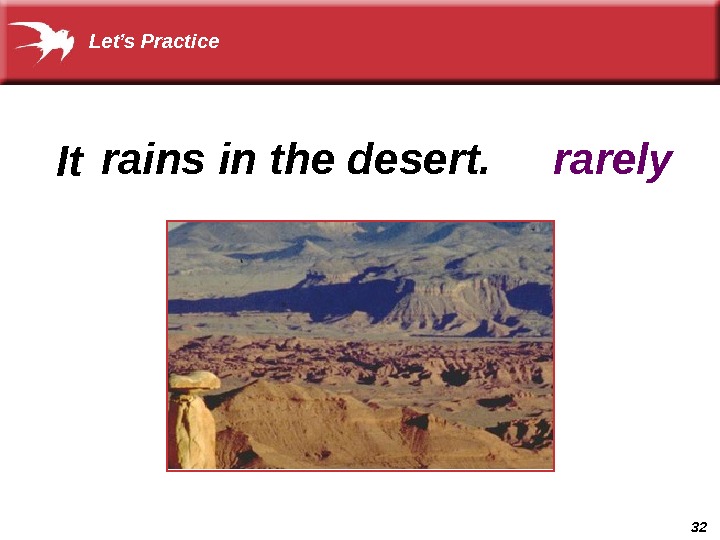
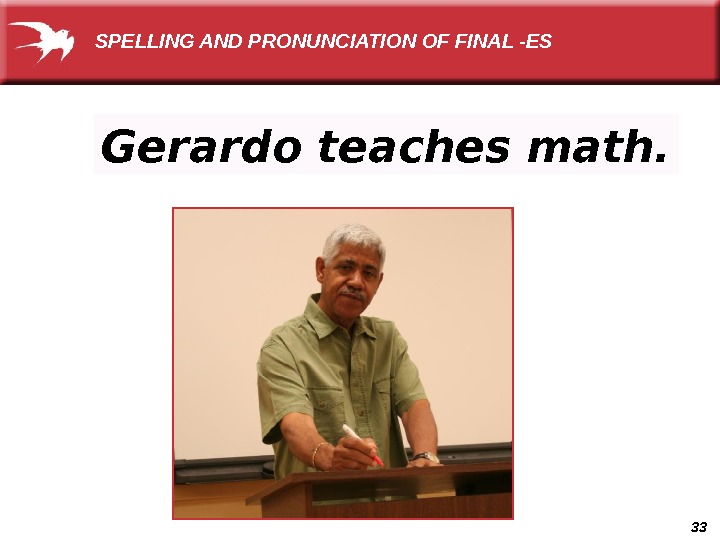
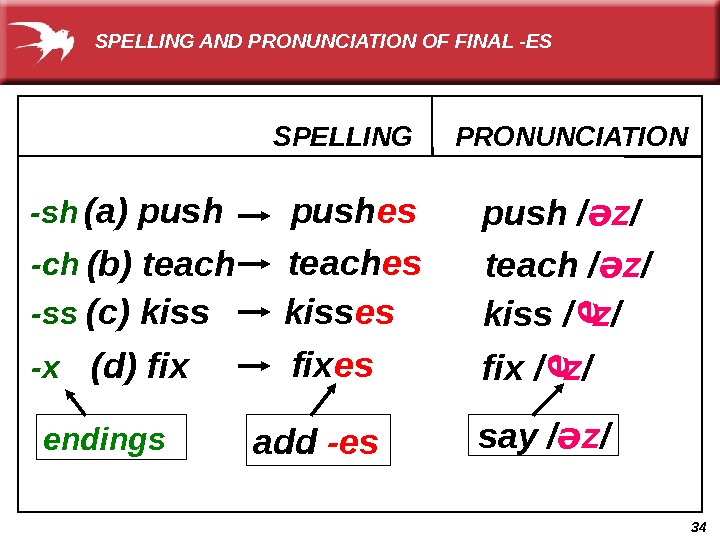
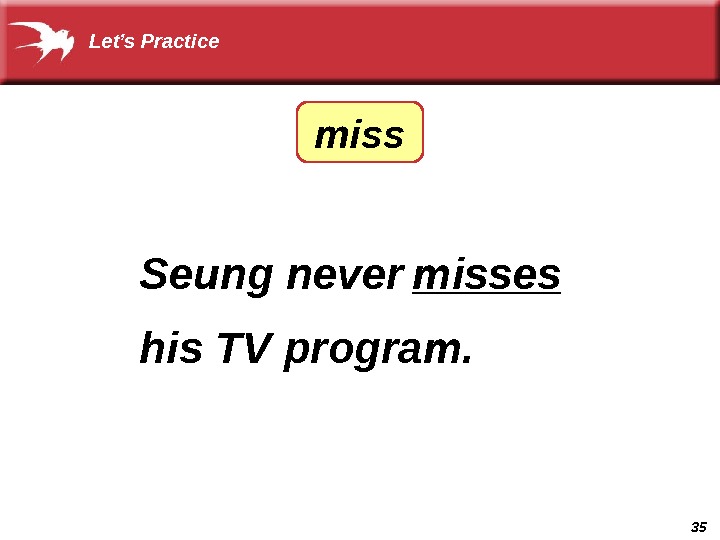
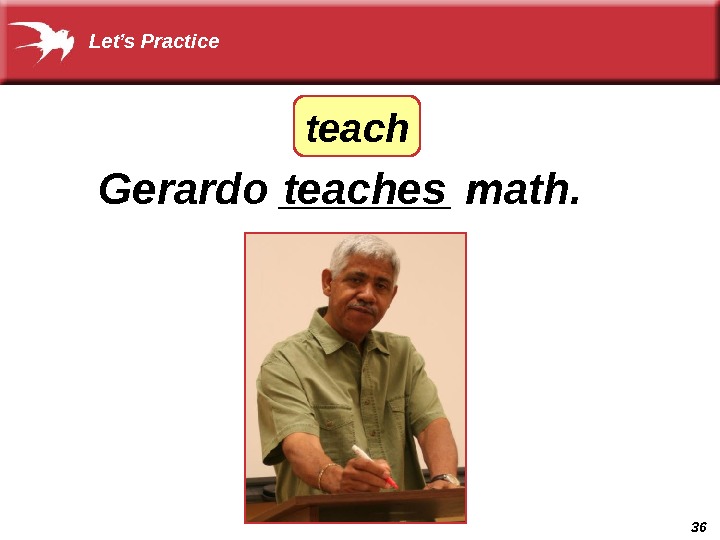
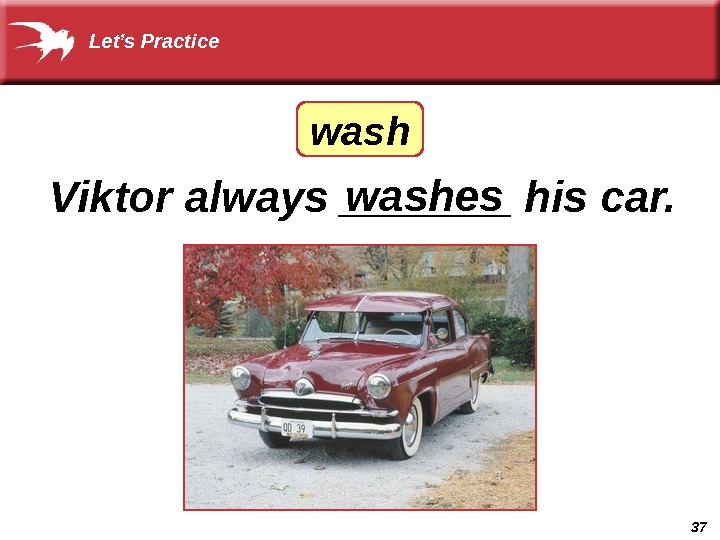
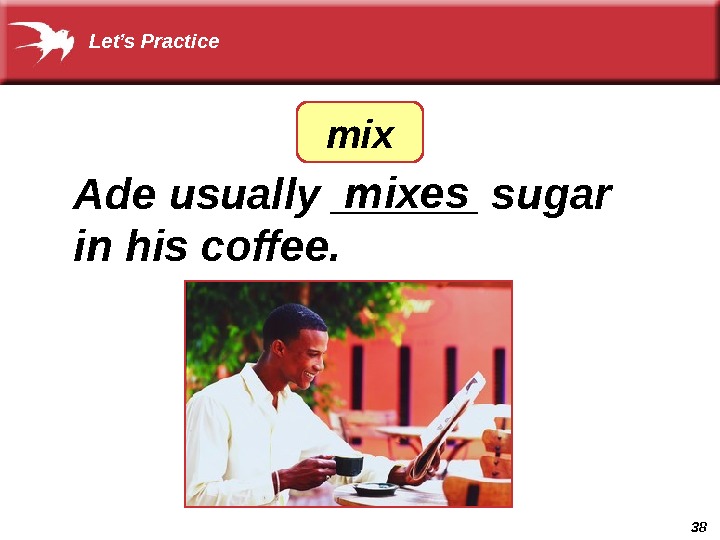

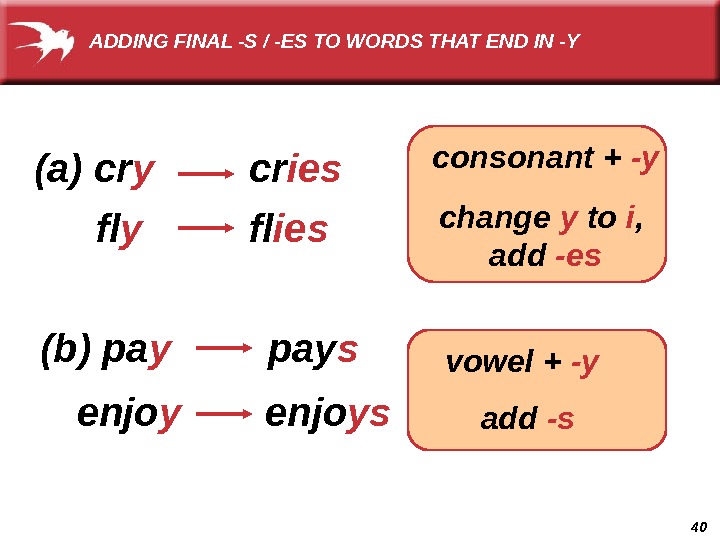
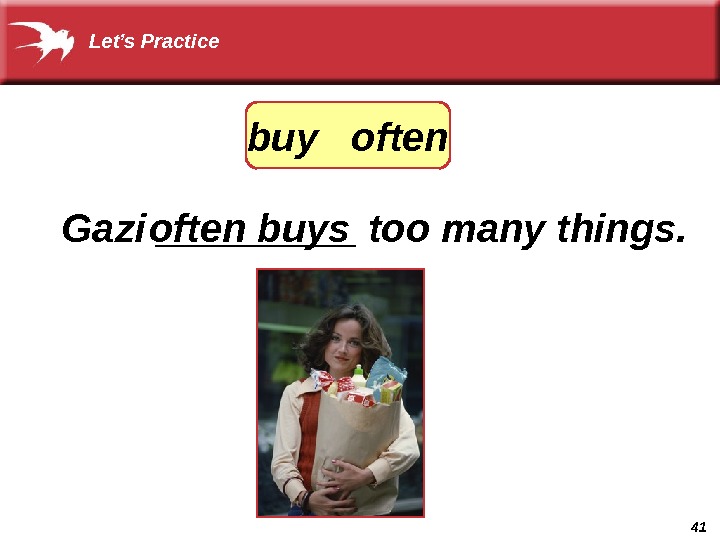
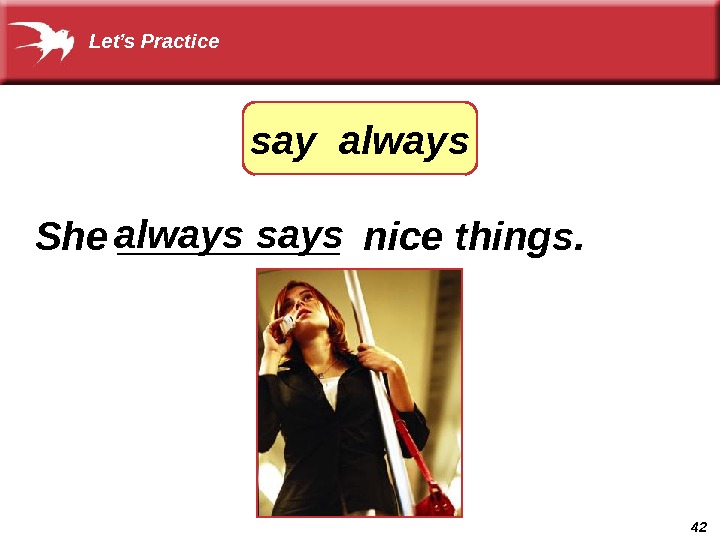
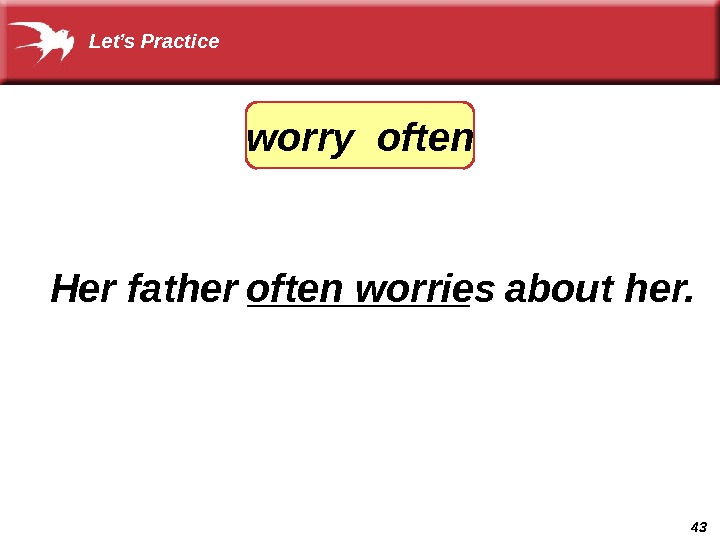
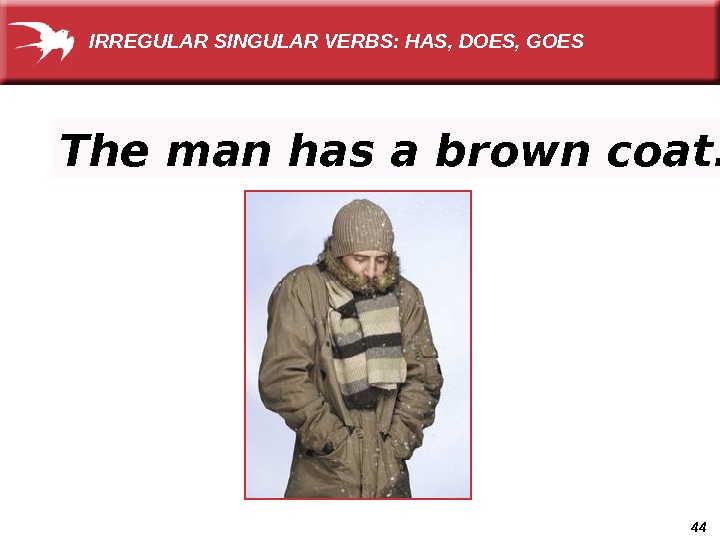
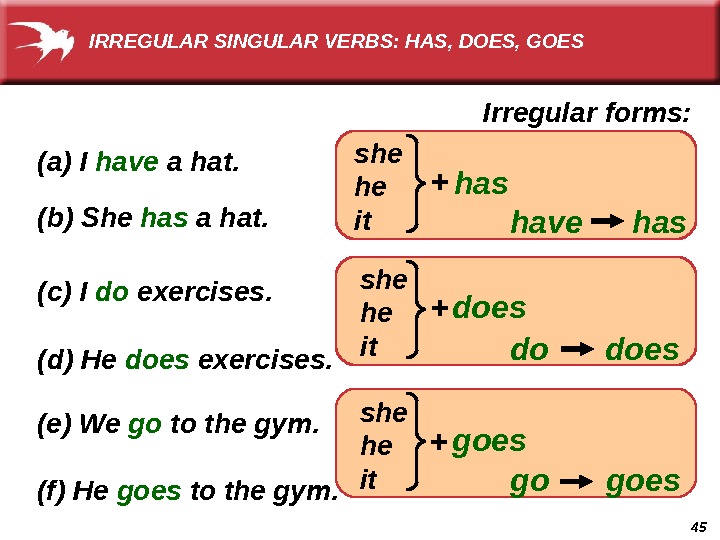
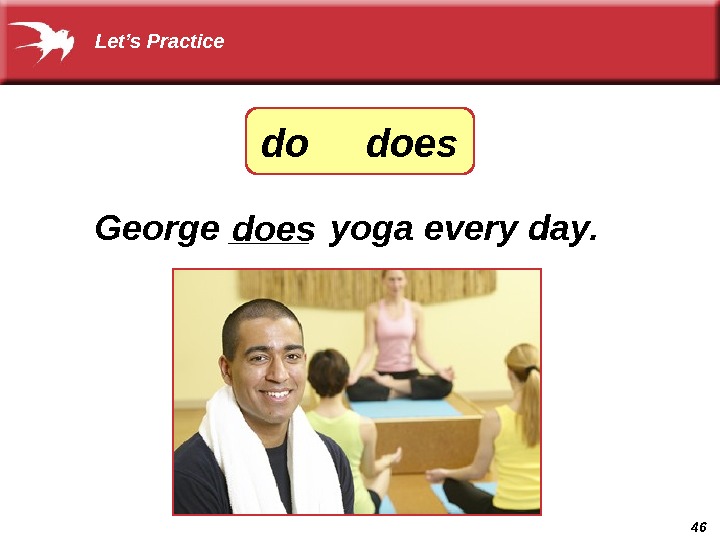
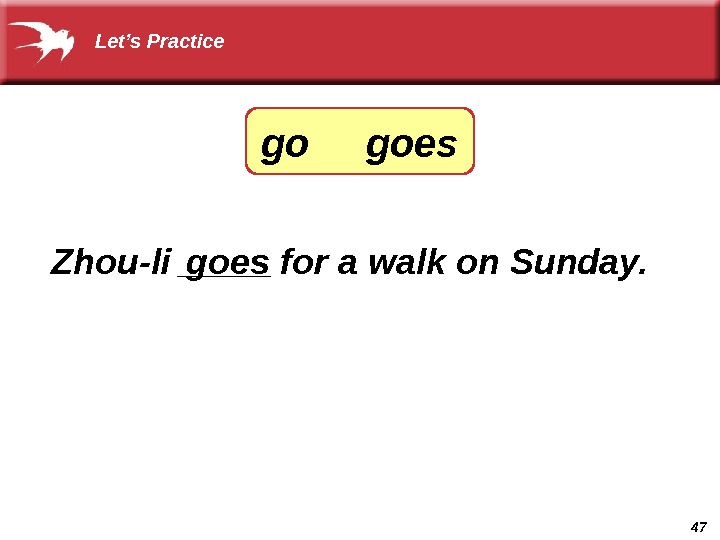
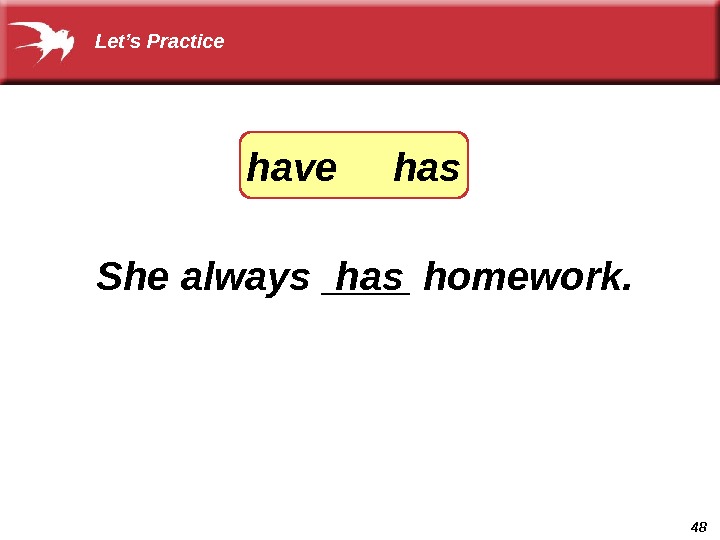
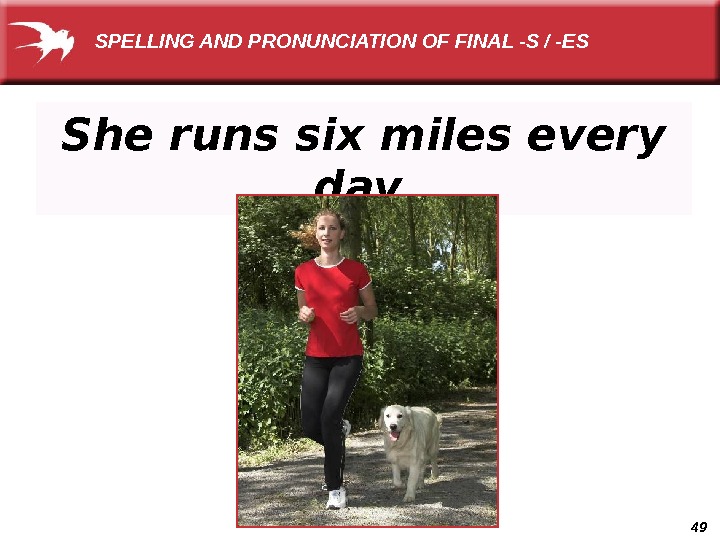
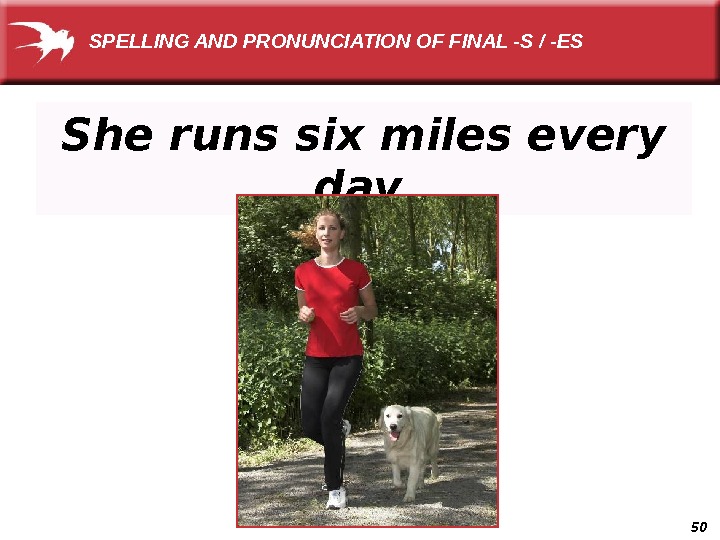
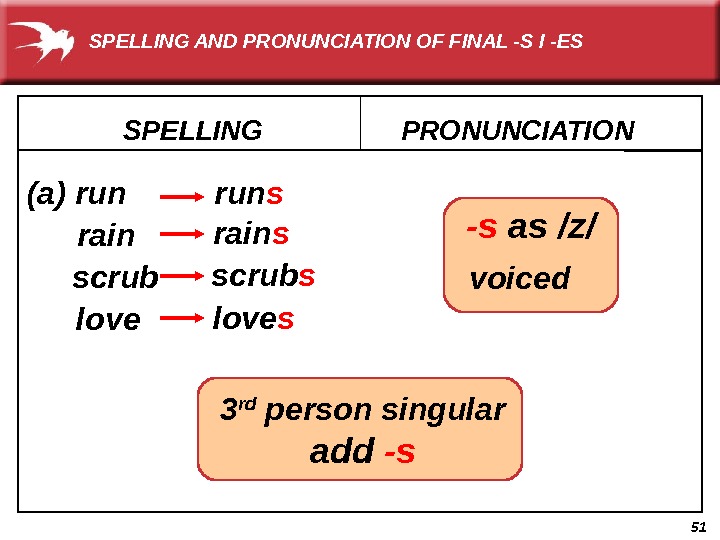
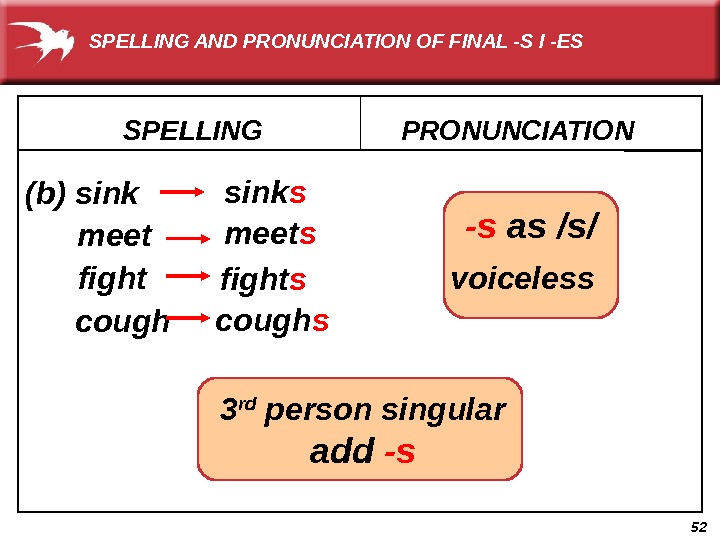
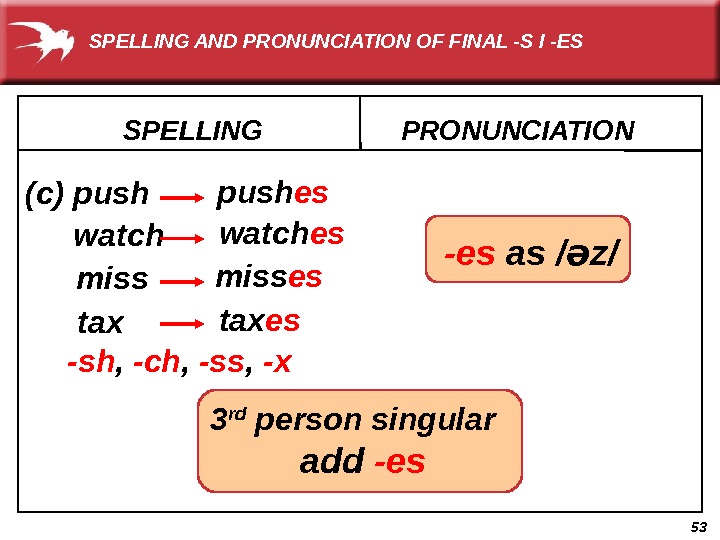
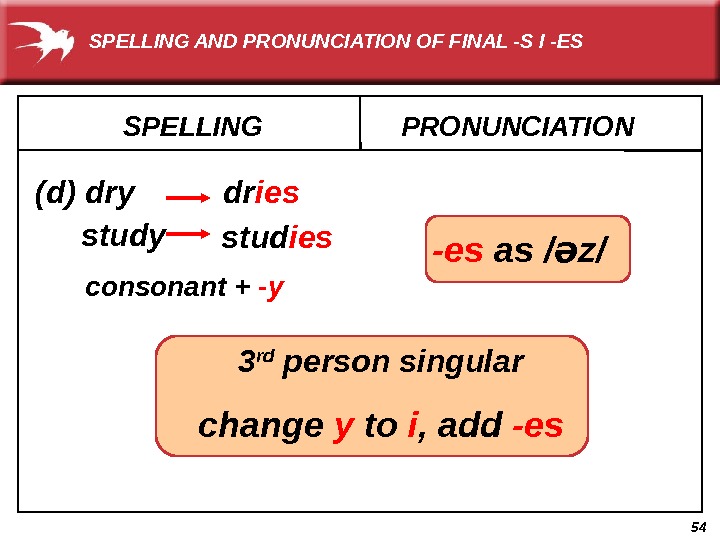
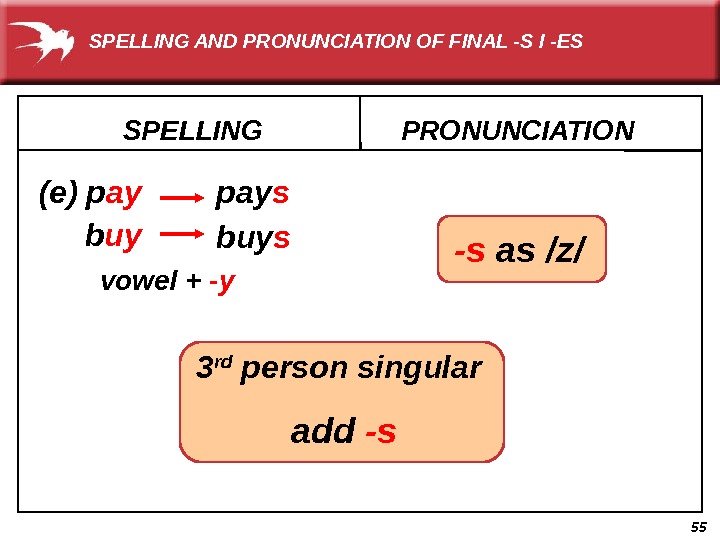
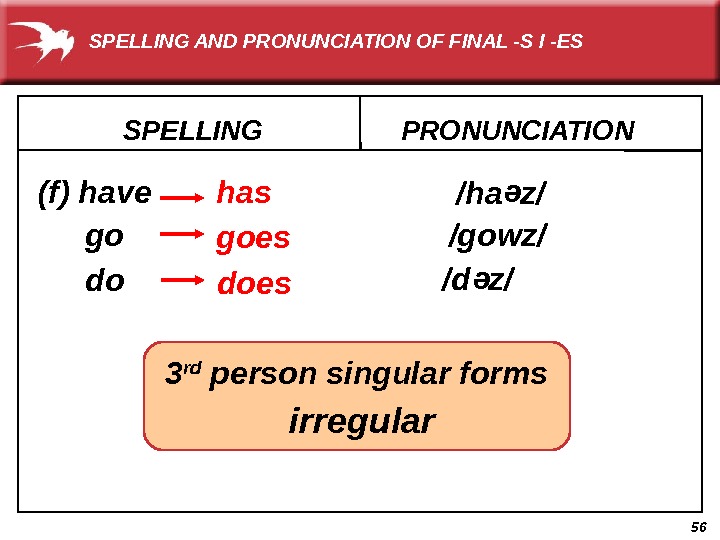
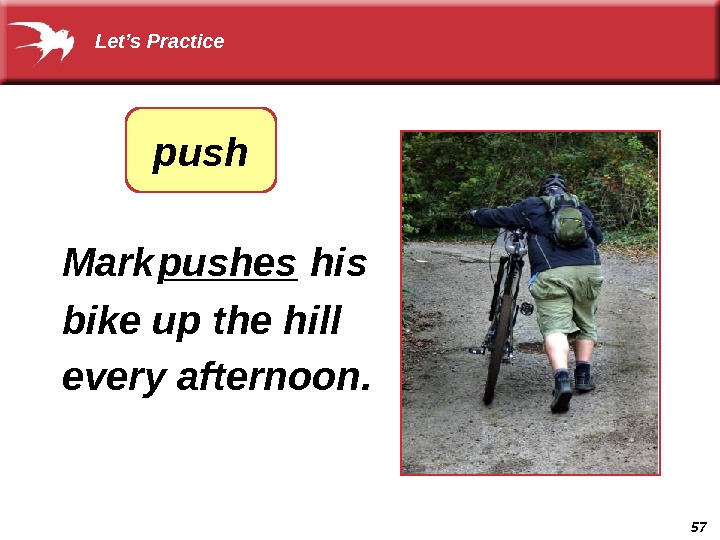
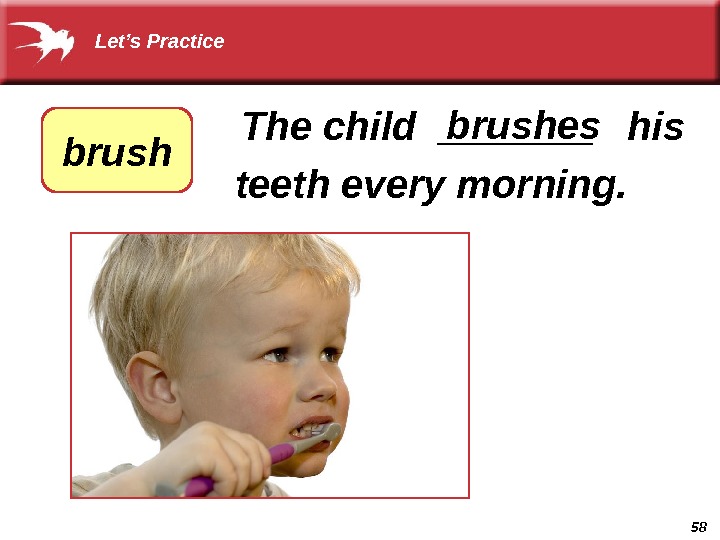
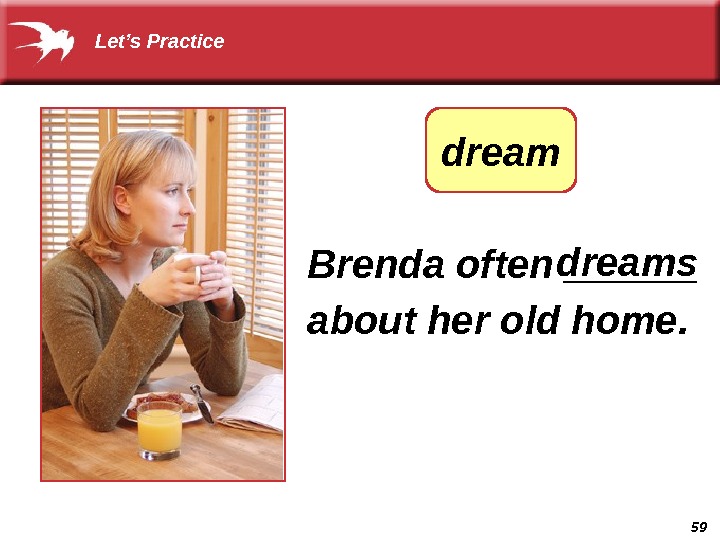
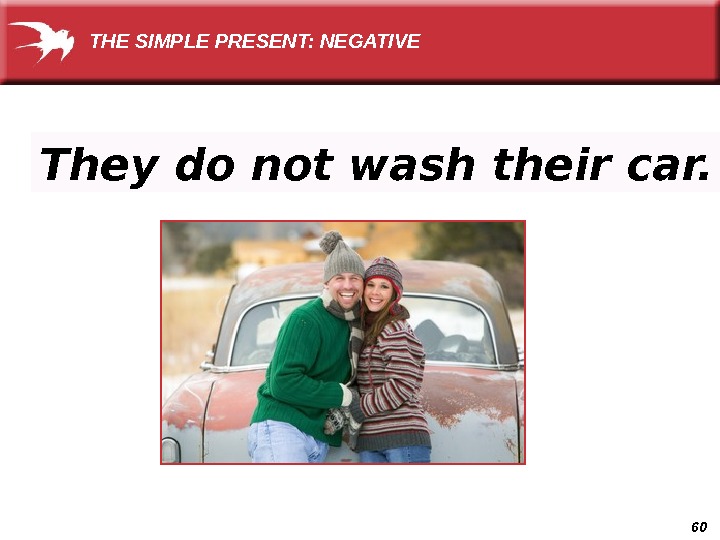
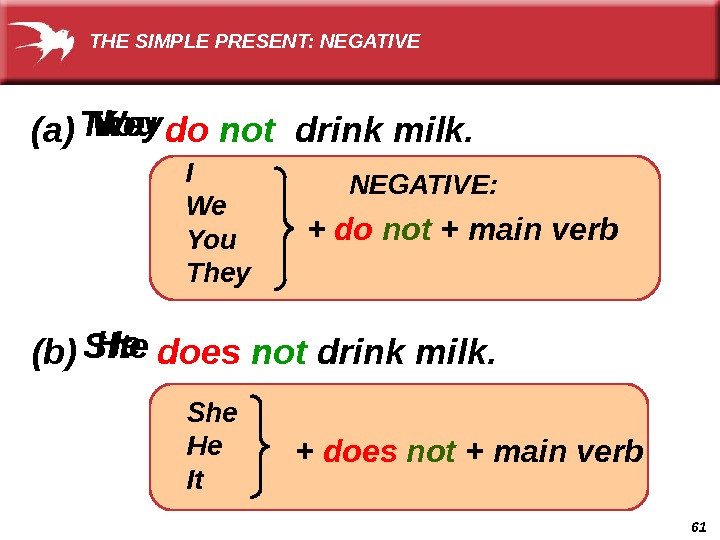
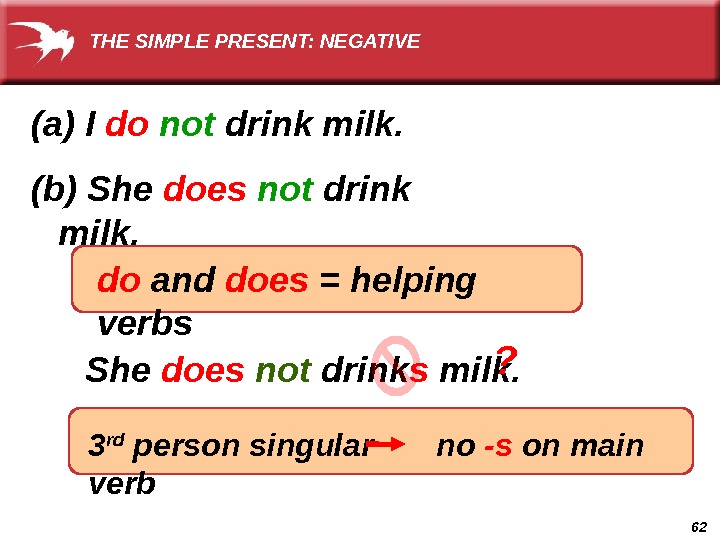
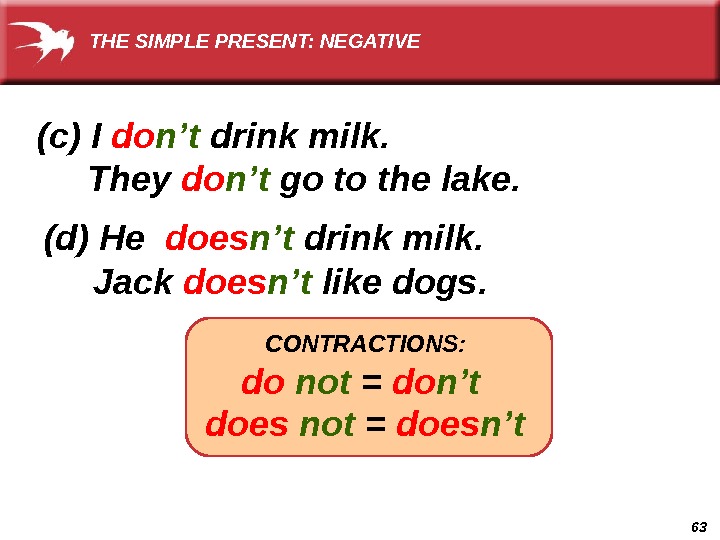
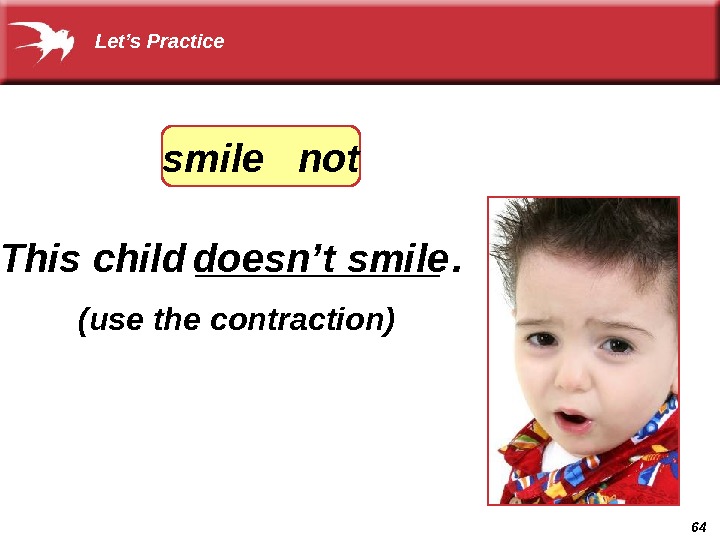
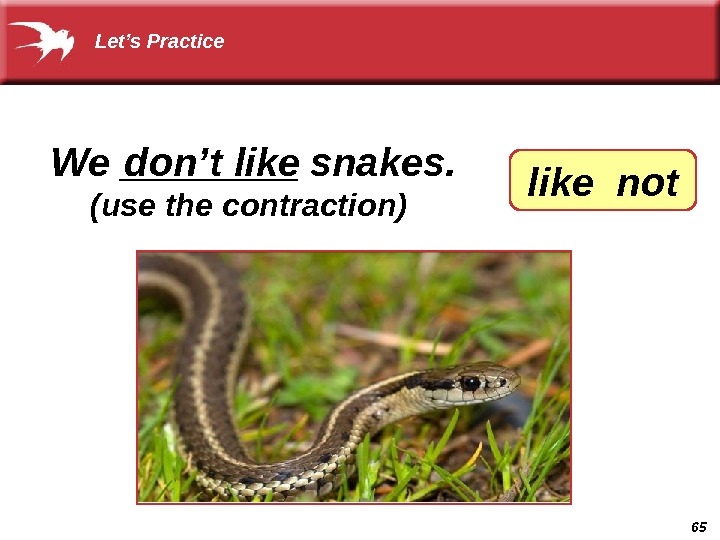
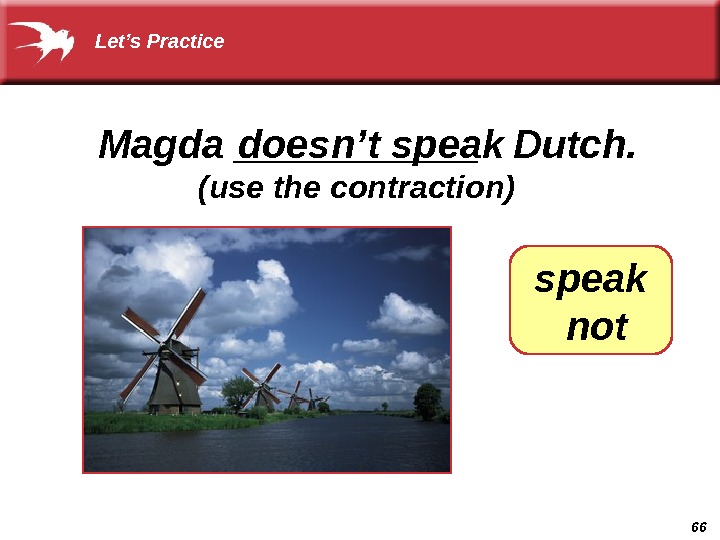
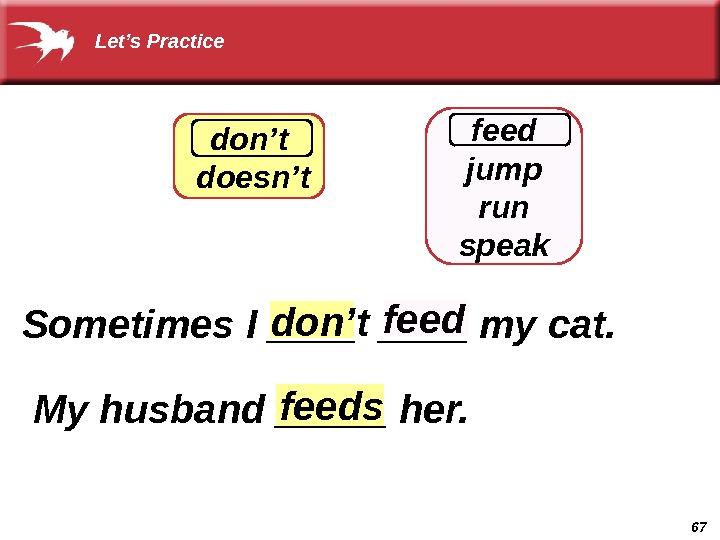
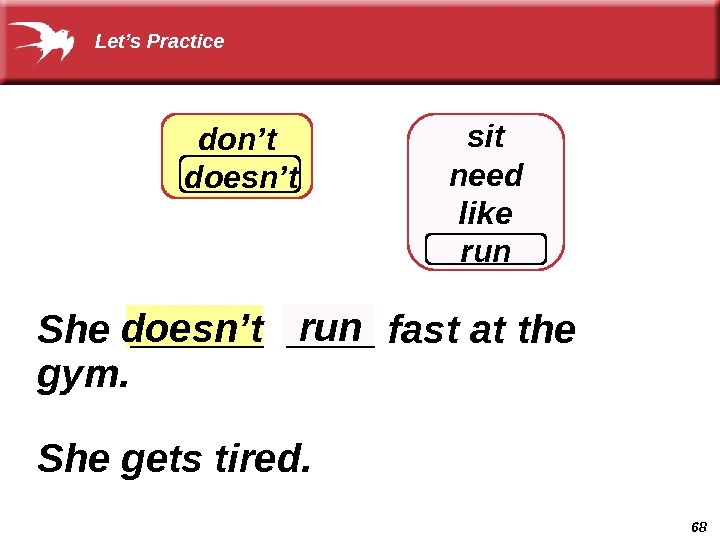
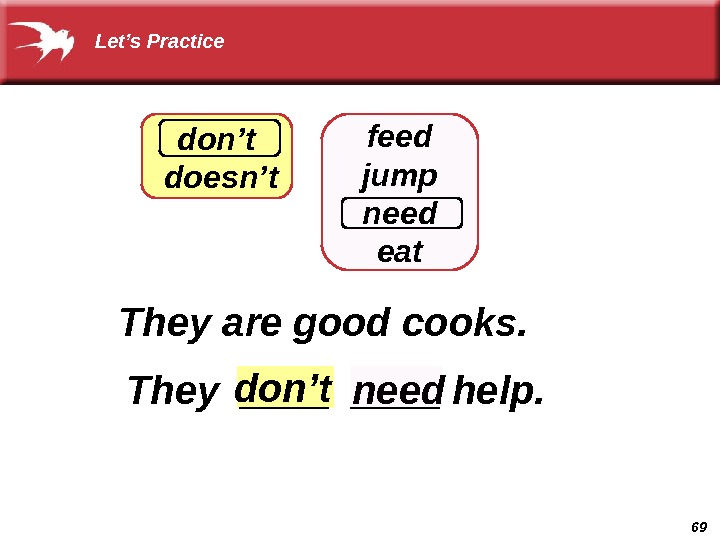
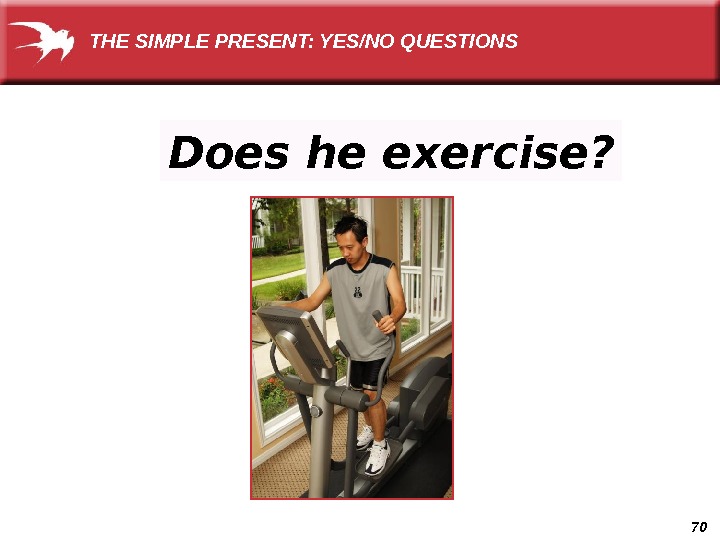
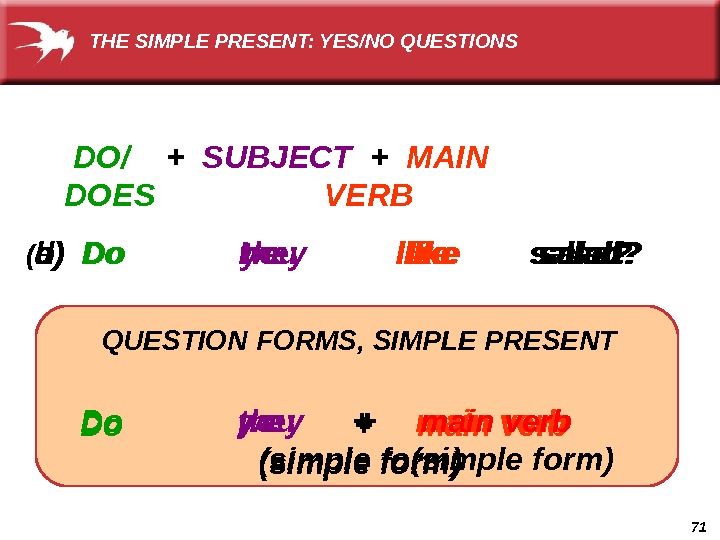
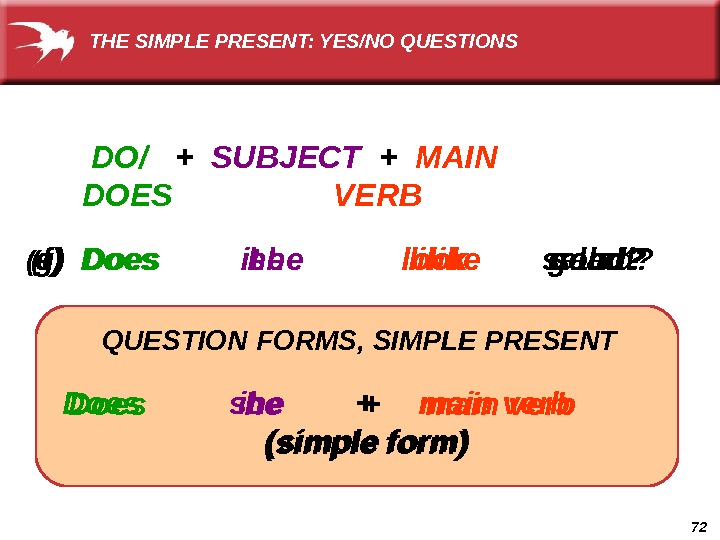
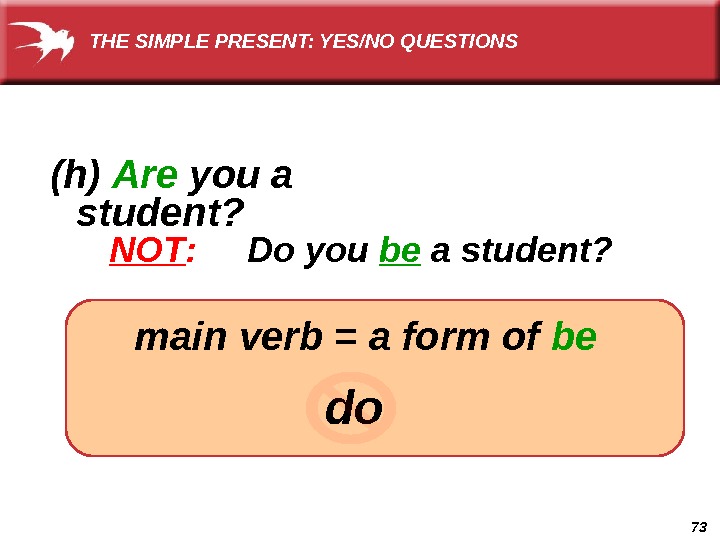

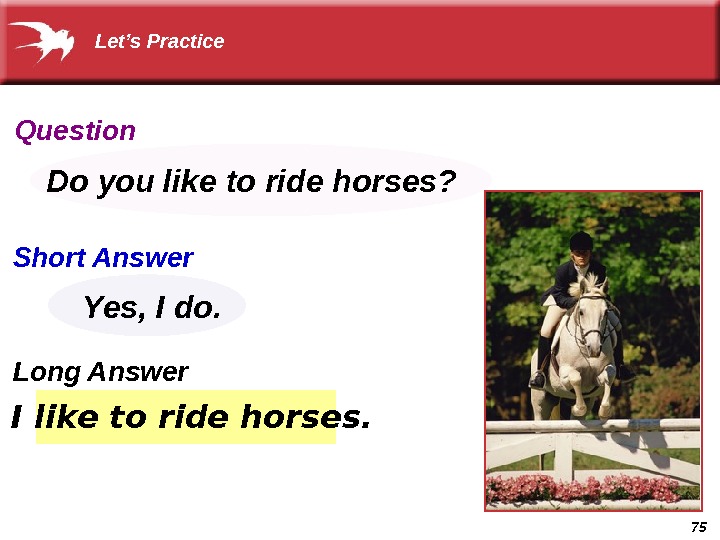
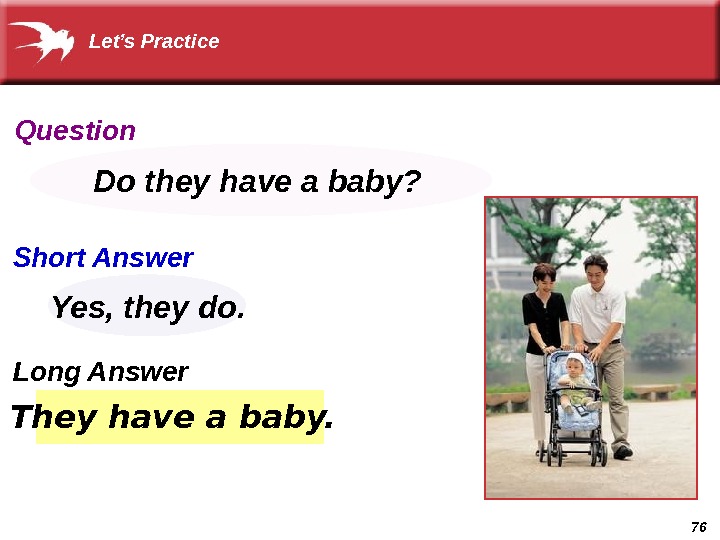
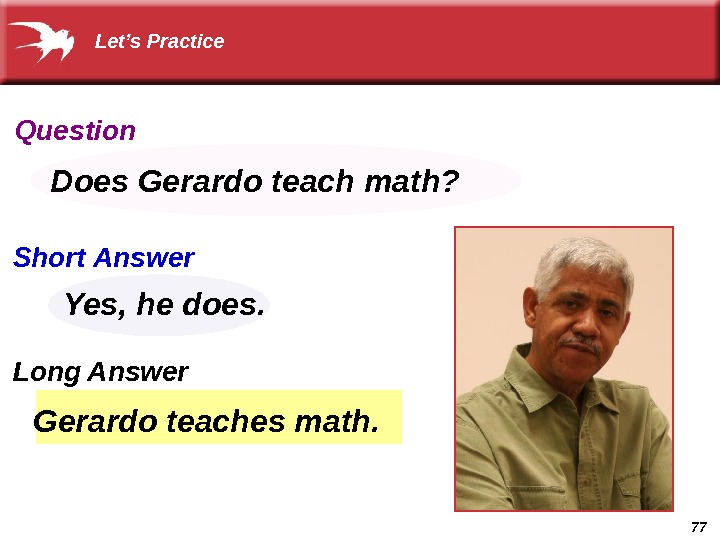
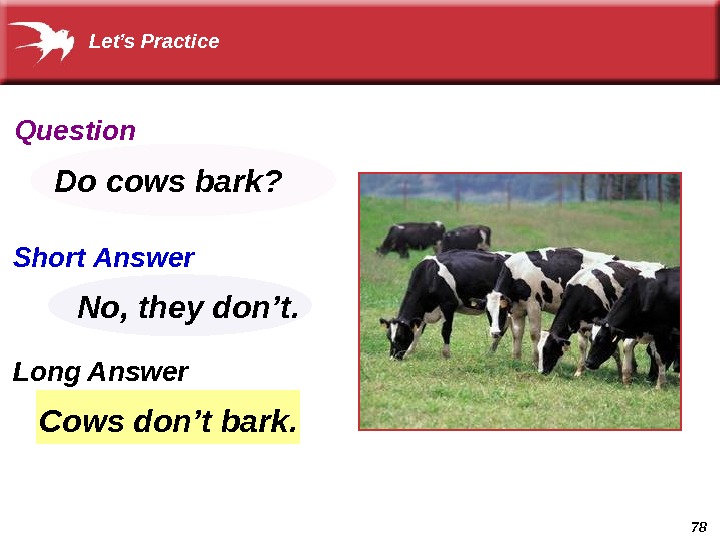

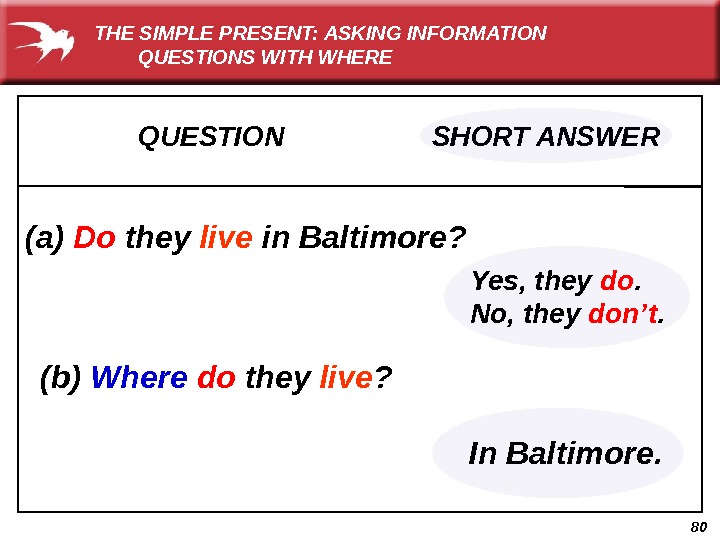
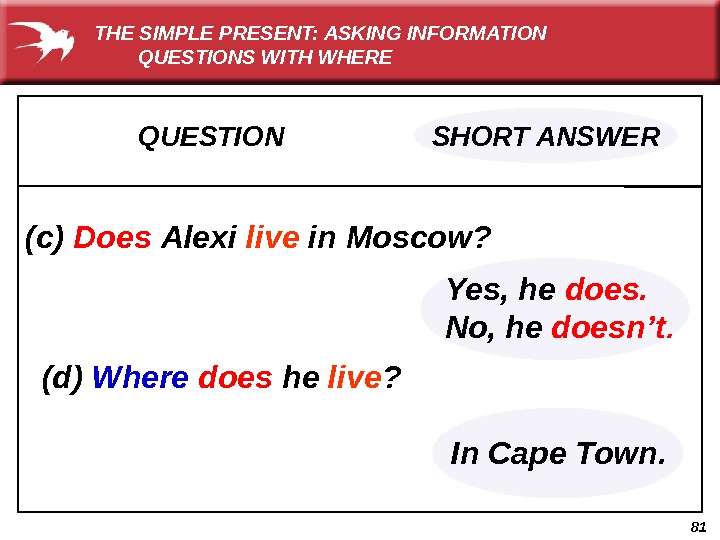
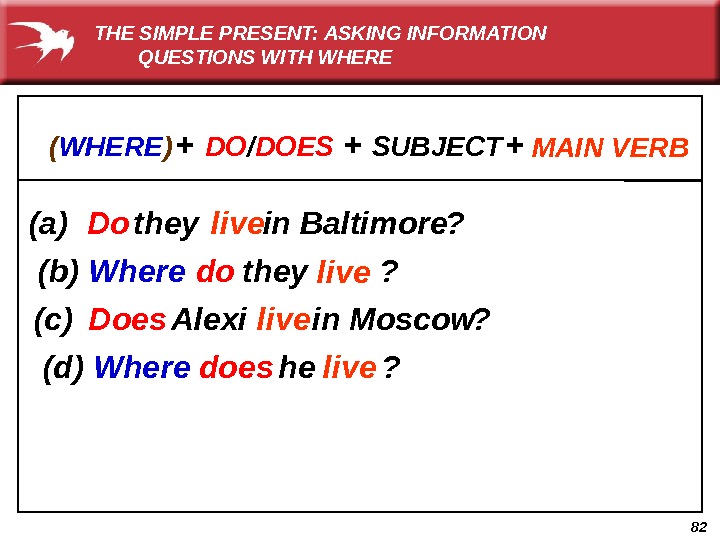
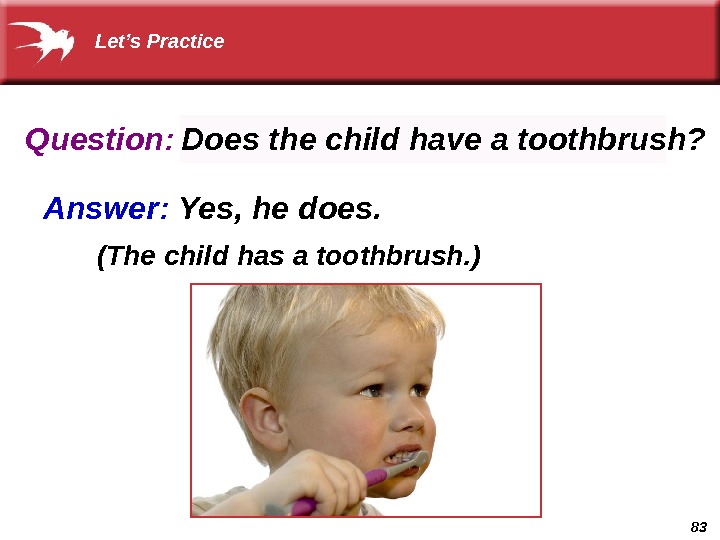
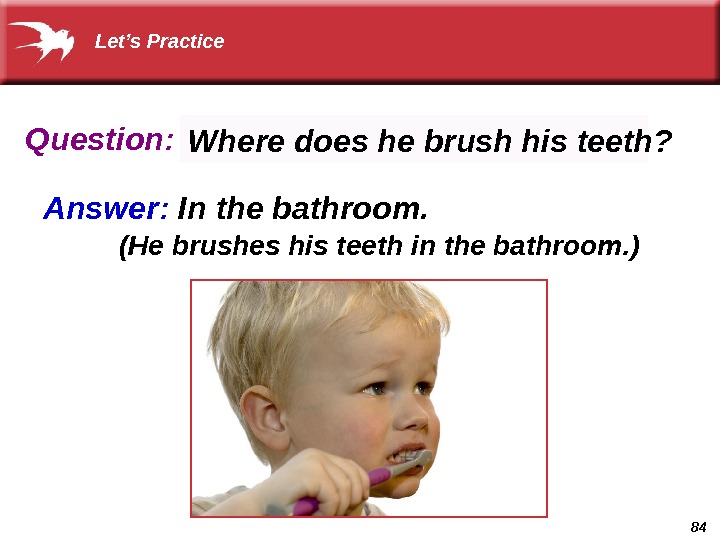
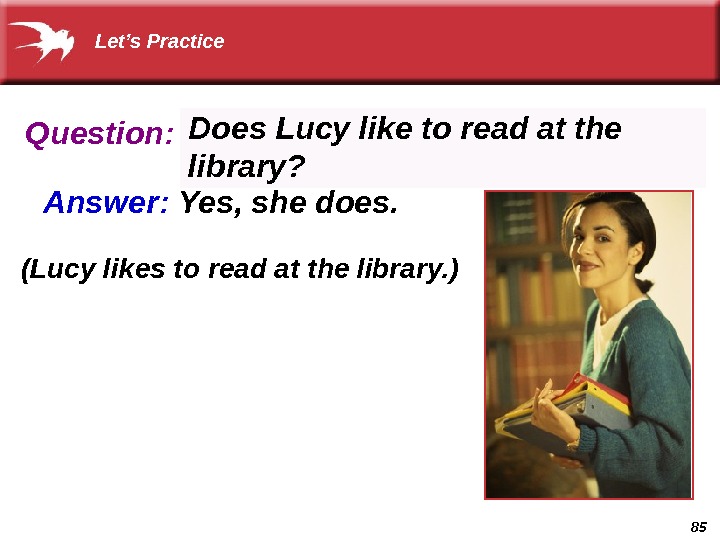
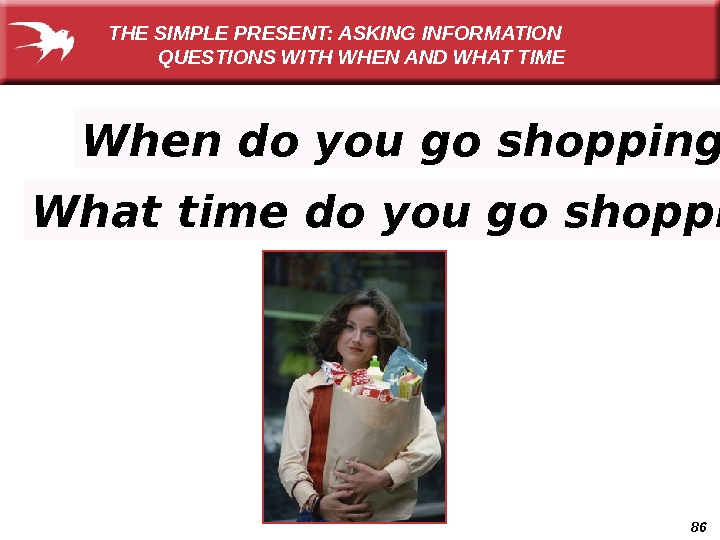
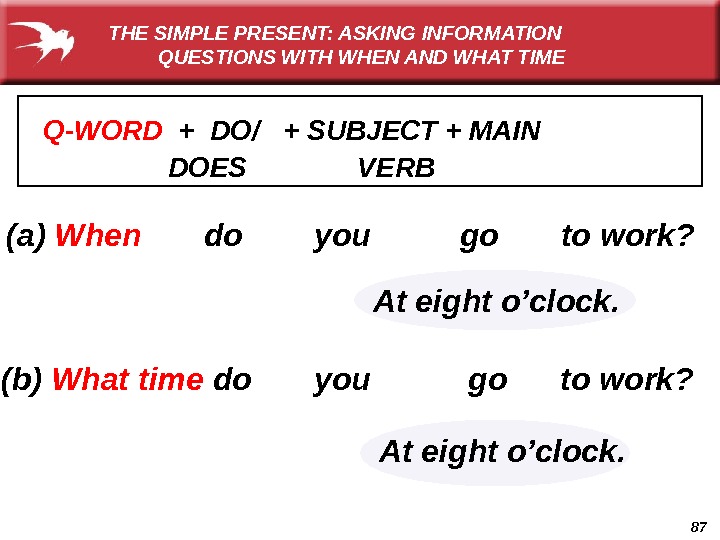
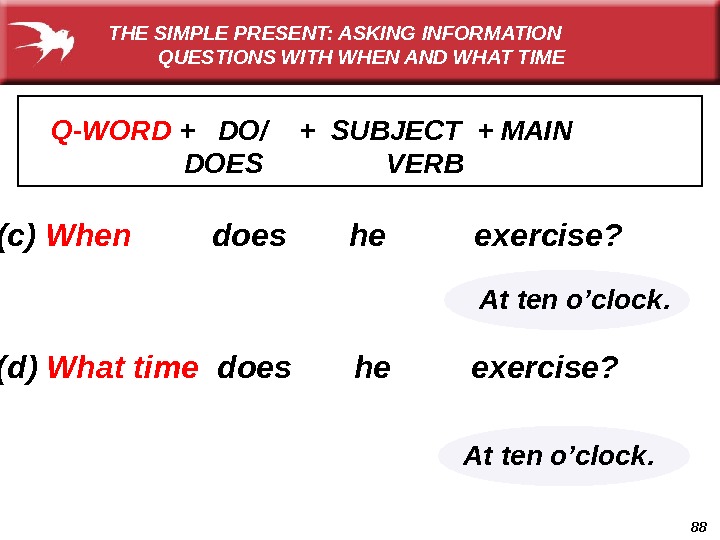
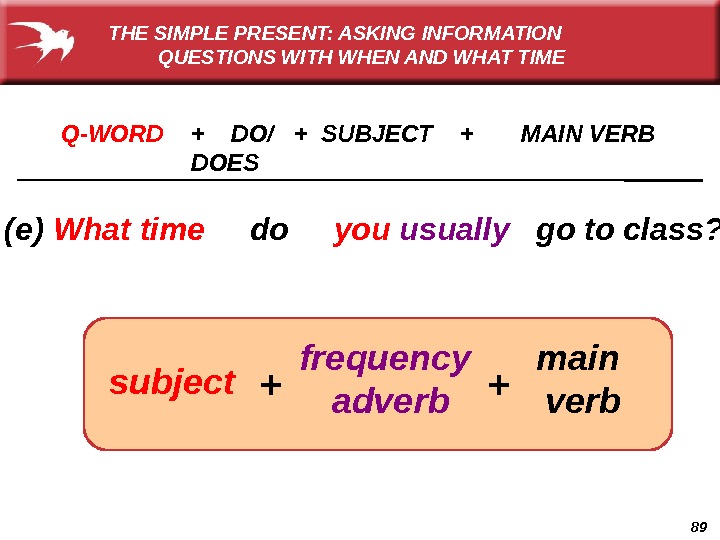
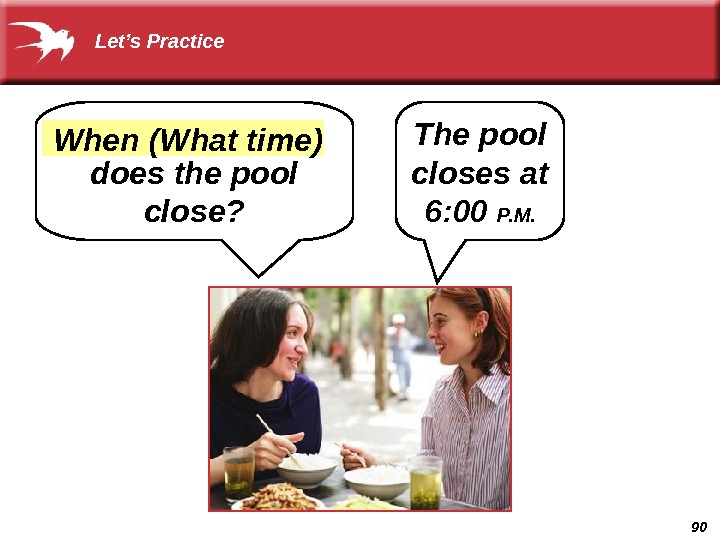
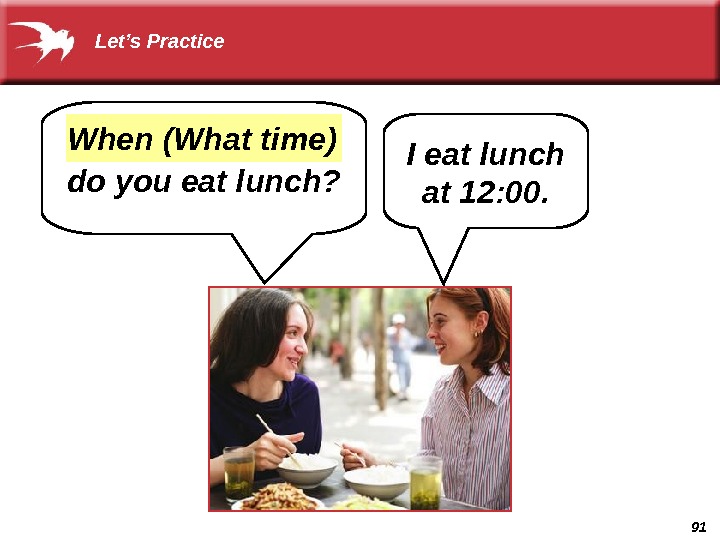
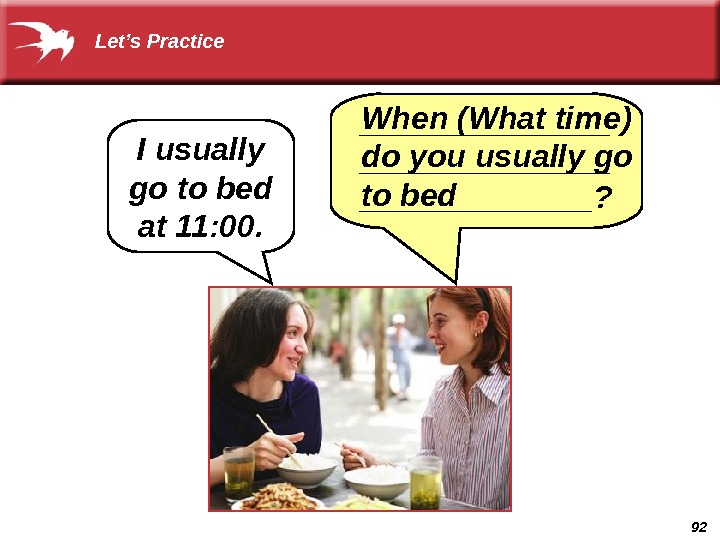
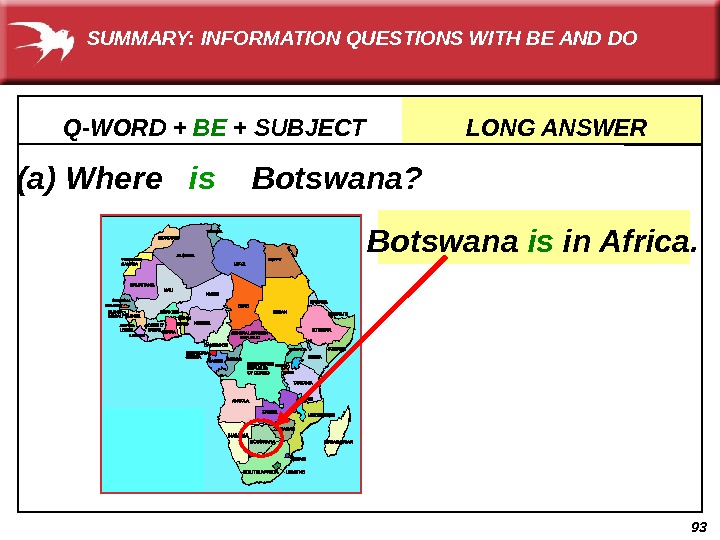
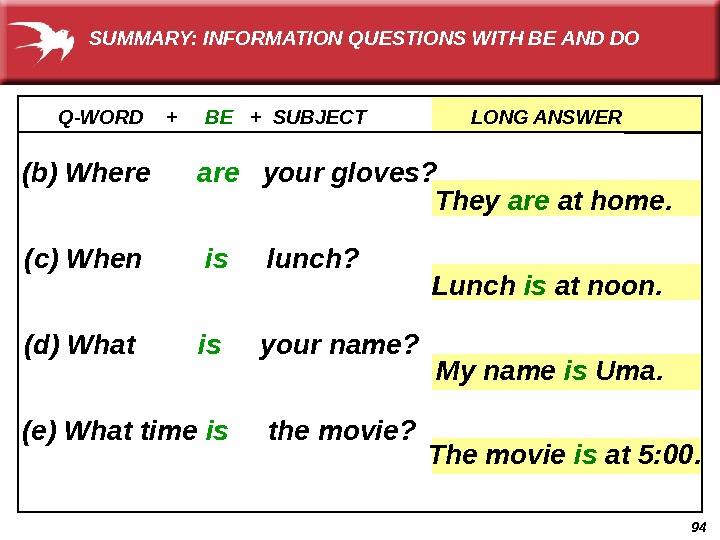
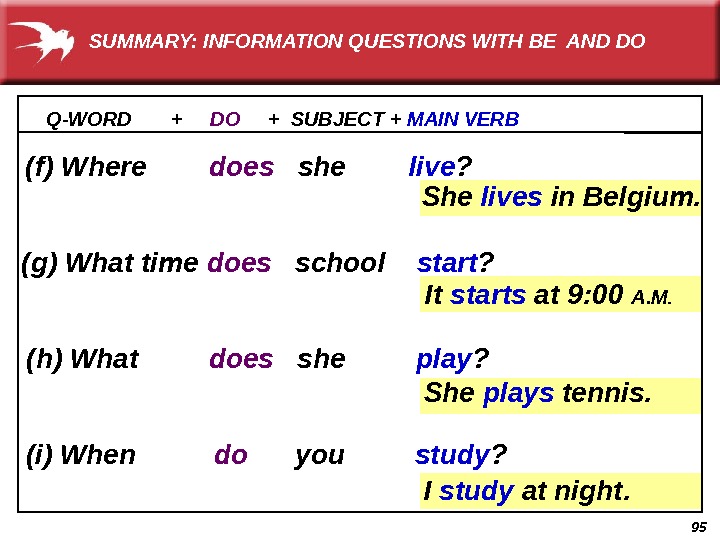

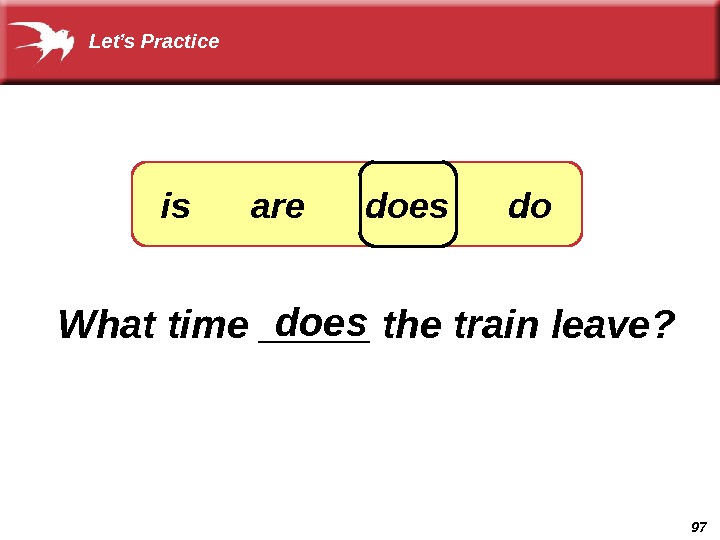
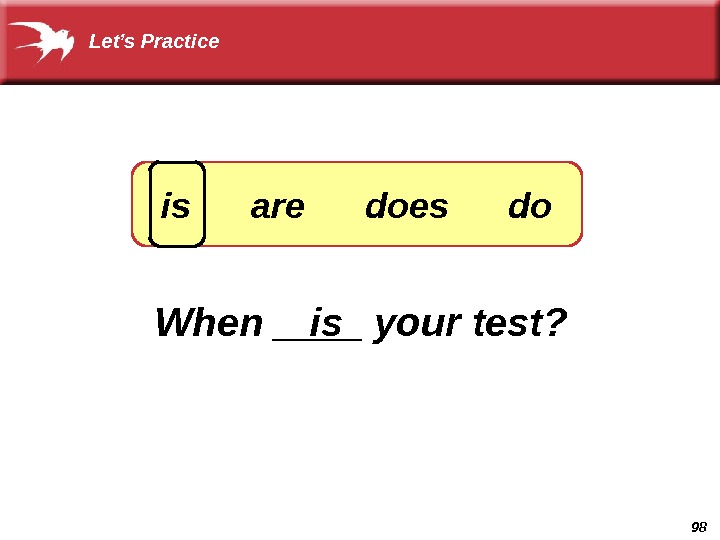
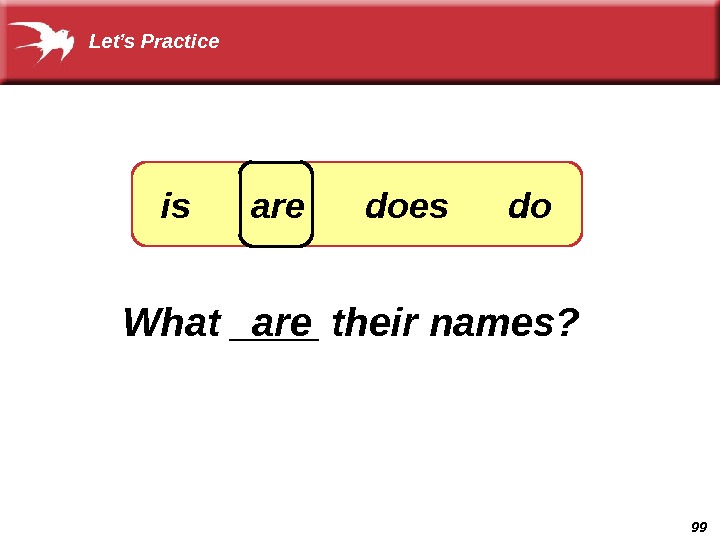
- Размер: 2.3 Mегабайта
- Количество слайдов: 99
Описание презентации The simple present LARISA School of Language по слайдам
 The simple present LARISA School of Language
The simple present LARISA School of Language
 CONTENTS 3 -1 Form and basic meaning of the simple present tense 3 -2 Using frequency adverbs: always, usually, often, … 3 -3 Other frequency expressions 3 -4 Using frequency adverbs with be 3 -5 Spelling and pronunciation of final -es 3 -6 Adding final -s/-es to words that end in -y 3 -7 Irregular singular verbs: has, does, goes 3 -8 Spelling and pronunciation of final -s/-es 3 -9 The simple present: negative 3 -10 The simple present: yes/no questions 3 -11 The simple present: asking information questions with where 3 -12 The simple present: asking information questions with when… 3 -13 Summary: information questions with be and do
CONTENTS 3 -1 Form and basic meaning of the simple present tense 3 -2 Using frequency adverbs: always, usually, often, … 3 -3 Other frequency expressions 3 -4 Using frequency adverbs with be 3 -5 Spelling and pronunciation of final -es 3 -6 Adding final -s/-es to words that end in -y 3 -7 Irregular singular verbs: has, does, goes 3 -8 Spelling and pronunciation of final -s/-es 3 -9 The simple present: negative 3 -10 The simple present: yes/no questions 3 -11 The simple present: asking information questions with where 3 -12 The simple present: asking information questions with when… 3 -13 Summary: information questions with be and do
 3 She walks. FORM AND BASIC MEANING OF THE SIMPLE PRESENT TENS
3 She walks. FORM AND BASIC MEANING OF THE SIMPLE PRESENT TENS
 4 SINGULAR PLURAL 1 st PERSON I walk we walk 2 nd PERSON you walk she walks it walks they walk 3 rd PERSON FORM AND BASIC MEANING OF THE SIMPLE PRESENT TENS
4 SINGULAR PLURAL 1 st PERSON I walk we walk 2 nd PERSON you walk she walks it walks they walk 3 rd PERSON FORM AND BASIC MEANING OF THE SIMPLE PRESENT TENS
 5(a) I eat lunch every afternoon. (b) Max drives to work every day. (c) We get up every morning. (d) Kyle calls Mimi every weekend. Monday Tuesday Wednesday Thursday Friday Saturday Sunday. MTWTh. FSat. S 123456 78910111213 14151617181920 21222324252627 28293031 HABITS = USUAL ACTIVITIES FORM AND BASIC MEANING OF THE SIMPLE PRESENT TENS
5(a) I eat lunch every afternoon. (b) Max drives to work every day. (c) We get up every morning. (d) Kyle calls Mimi every weekend. Monday Tuesday Wednesday Thursday Friday Saturday Sunday. MTWTh. FSat. S 123456 78910111213 14151617181920 21222324252627 28293031 HABITS = USUAL ACTIVITIES FORM AND BASIC MEANING OF THE SIMPLE PRESENT TENS
 6 We _____ television every day. watcheswatch Let’s Practice
6 We _____ television every day. watcheswatch Let’s Practice
 7 He _______ television every day. watcheswatches Let’s Practice
7 He _______ television every day. watcheswatches Let’s Practice
 8 We ____ lunch at 12: 00. eatseat Let’s Practice
8 We ____ lunch at 12: 00. eatseat Let’s Practice
 9 Jara _____ a walk in the morning. takes Let’s Practice
9 Jara _____ a walk in the morning. takes Let’s Practice
 10 My friend ____ her horse every day. ridesrides Let’s Practice
10 My friend ____ her horse every day. ridesrides Let’s Practice
 11 They always drink tea with lunch. USING FREQUENCY ADVERBS: ALWAYS, USUALLY, OFTEN, SOMETIMES, SELDOM, RARELY, NEVER
11 They always drink tea with lunch. USING FREQUENCY ADVERBS: ALWAYS, USUALLY, OFTEN, SOMETIMES, SELDOM, RARELY, NEVER
 12 (d) Tia sometimes eats lunch at school. (c) Josh often eats hamburgers. 100% (a) Mary always eats lunch at school. 90%- 99% (b) Mary usually eats lunch at school. 75%- 90% 25%- 75% 5%- 10% 1%- 10% 0% (e) Tia seldom eats lunch at school. (f) Eva rarely washes her car. (g) Jay never goes to the zoo. frequency adverbs. USING FREQUENCY ADVERBS: ALWAYS, USUALLY, OFTEN, SOMETIMES, SELDOM, RARELY, NEVER
12 (d) Tia sometimes eats lunch at school. (c) Josh often eats hamburgers. 100% (a) Mary always eats lunch at school. 90%- 99% (b) Mary usually eats lunch at school. 75%- 90% 25%- 75% 5%- 10% 1%- 10% 0% (e) Tia seldom eats lunch at school. (f) Eva rarely washes her car. (g) Jay never goes to the zoo. frequency adverbs. USING FREQUENCY ADVERBS: ALWAYS, USUALLY, OFTEN, SOMETIMES, SELDOM, RARELY, NEVER
 13 Talia _______ feeds her dog. Sun. Mon. Tues. Wed. Thurs. Fri. Sat. always Let’s Practice always usually often sometimes seldom rarely never
13 Talia _______ feeds her dog. Sun. Mon. Tues. Wed. Thurs. Fri. Sat. always Let’s Practice always usually often sometimes seldom rarely never
 14 always usually often sometimes seldom rarely never. Jara ______ watches TV. Sun. Mon. Tues. Wed. Thurs. Fri. Sat. seldom Let’s Practice
14 always usually often sometimes seldom rarely never. Jara ______ watches TV. Sun. Mon. Tues. Wed. Thurs. Fri. Sat. seldom Let’s Practice
 15 always usually often sometimes seldom rarely never Luke _______ cooks dinner. usually Sun. Mon. Tues. Wed. Thurs. Fri. Sat. Let’s Practice
15 always usually often sometimes seldom rarely never Luke _______ cooks dinner. usually Sun. Mon. Tues. Wed. Thurs. Fri. Sat. Let’s Practice
 16 always usually often sometimes seldom rarely never. Moussad _____ cooks dinner. sometimes Sun. Mon. Tues. Wed. Thurs. Fri. Sat. Let’s Practice
16 always usually often sometimes seldom rarely never. Moussad _____ cooks dinner. sometimes Sun. Mon. Tues. Wed. Thurs. Fri. Sat. Let’s Practice
 17 She goes to the library once a week. OTHER FREQUENCY EXPRESSIONS
17 She goes to the library once a week. OTHER FREQUENCY EXPRESSIONS
 18(a) She goes to the library once a week. twice a week. five times a week. Sun. Mon. Tues. Wed. Thurs. Fri. Sat. OTHER FREQUENCY EXPRESSIONS
18(a) She goes to the library once a week. twice a week. five times a week. Sun. Mon. Tues. Wed. Thurs. Fri. Sat. OTHER FREQUENCY EXPRESSIONS
 19(b) I go to school five times a week. (c) I go to the movies twice a month. (d) I go to the beach once a year. how many times a day a week a month a year. OTHER FREQUENCY EXPRESSIONS
19(b) I go to school five times a week. (c) I go to the movies twice a month. (d) I go to the beach once a year. how many times a day a week a month a year. OTHER FREQUENCY EXPRESSIONS
 20 every weeks(e) I feed my dog every morning. I ride my horse every week. I wash my car every year. Every is singular. Correct? no. OTHER FREQUENCY EXPRESSIONS
20 every weeks(e) I feed my dog every morning. I ride my horse every week. I wash my car every year. Every is singular. Correct? no. OTHER FREQUENCY EXPRESSIONS
 21 How often do you drink coffee? Let’s Practice Every morning.
21 How often do you drink coffee? Let’s Practice Every morning.
 22 So you drink coffee? always Yes. always usually often sometimes seldom rarely never Let’s Practice
22 So you drink coffee? always Yes. always usually often sometimes seldom rarely never Let’s Practice
 23 I know. She drinks coffee. never. Mei doesn’t drink coffee. always usually often sometimes seldom rarely never Let’s Practice
23 I know. She drinks coffee. never. Mei doesn’t drink coffee. always usually often sometimes seldom rarely never Let’s Practice
 24 No. He walks five or six days a week. Does Dr. Aboud take a walk every day? Let’s Practice
24 No. He walks five or six days a week. Does Dr. Aboud take a walk every day? Let’s Practice
 25 Yes, he takes a walk. Five or six times a week? often always usually often sometimes seldom rarely never Let’s Practice
25 Yes, he takes a walk. Five or six times a week? often always usually often sometimes seldom rarely never Let’s Practice
 26 Jeff is always dirty. USING FREQUENCY ADVERBS WITH
26 Jeff is always dirty. USING FREQUENCY ADVERBS WITH
 27 usually often sometimes seldom rarelynever dirty. Jeff + is + SUBJECT + BE + FREQUENCY ADVERB always FREQUENCY ADVERBam is + are USING FREQUENCY ADVERBS WITH
27 usually often sometimes seldom rarelynever dirty. Jeff + is + SUBJECT + BE + FREQUENCY ADVERB always FREQUENCY ADVERBam is + are USING FREQUENCY ADVERBS WITH
 28 oftensometimes seldom rarely never + rides a bike. Sergio SUBJECT + FREQUENCY + OTHER SIMPLE ADVERB PRESENT VERBS always usually+ frequency adverb + all simple present verbs except be USING FREQUENCY ADVERBS WITH
28 oftensometimes seldom rarely never + rides a bike. Sergio SUBJECT + FREQUENCY + OTHER SIMPLE ADVERB PRESENT VERBS always usually+ frequency adverb + all simple present verbs except be USING FREQUENCY ADVERBS WITH
 29 tired. usually. Let’s Practice He is ___________________
29 tired. usually. Let’s Practice He is ___________________
 30 sad. never. Jeff is _____________________Let’s Practice
30 sad. never. Jeff is _____________________Let’s Practice
 31 Lucy oftenreads at the library. Let’s Practice
31 Lucy oftenreads at the library. Let’s Practice
 32 It rarelyrains in the desert. Let’s Practice
32 It rarelyrains in the desert. Let’s Practice
 33 Gerardo teaches math. SPELLING AND PRONUNCIATION OF FINAL -ES
33 Gerardo teaches math. SPELLING AND PRONUNCIATION OF FINAL -ES
 34 -sh SPELLING (a) push PRONUNCIATION push es push / ə z / -ch (b) teach es teach / ə z / -ss (c) kiss es kiss / z / -x (d) fix es fix / z /ə ə endings add -es say / z ə / SPELLING AND PRONUNCIATION OF FINAL -ES
34 -sh SPELLING (a) push PRONUNCIATION push es push / ə z / -ch (b) teach es teach / ə z / -ss (c) kiss es kiss / z / -x (d) fix es fix / z /ə ə endings add -es say / z ə / SPELLING AND PRONUNCIATION OF FINAL -ES
 35 Seung never ______ his TV program. misses. Let’s Practice miss
35 Seung never ______ his TV program. misses. Let’s Practice miss
 36 Gerardo _______ math. teaches teach. Let’s Practice
36 Gerardo _______ math. teaches teach. Let’s Practice
 37 Viktor always _______ his car. washeswash. Let’s Practice
37 Viktor always _______ his car. washeswash. Let’s Practice
 38 Ade usually ______ sugar in his coffee. mixesmix. Let’s Practice
38 Ade usually ______ sugar in his coffee. mixesmix. Let’s Practice
 39 The baby cries a lot. ADDING FINAL -S / -ES TO WORDS THAT END IN -Y
39 The baby cries a lot. ADDING FINAL -S / -ES TO WORDS THAT END IN -Y
 40 (a) cr y cr ies fl y fl ies (b) pa y pay s enjo ys consonant + -y change y to i , add -es vowel + -y add -s. ADDING FINAL -S / -ES TO WORDS THAT END IN -Y
40 (a) cr y cr ies fl y fl ies (b) pa y pay s enjo ys consonant + -y change y to i , add -es vowel + -y add -s. ADDING FINAL -S / -ES TO WORDS THAT END IN -Y
 41 Gazi _____ too many things. often buys. Let’s Practice buy often
41 Gazi _____ too many things. often buys. Let’s Practice buy often
 42 She _____ nice things. always say always. Let’s Practice
42 She _____ nice things. always say always. Let’s Practice
 43 Her father _____ about her. often worriesworry often. Let’s Practice
43 Her father _____ about her. often worriesworry often. Let’s Practice
 44 The man has a brown coat. IRREGULAR SINGULAR VERBS: HAS, DOES, GOES
44 The man has a brown coat. IRREGULAR SINGULAR VERBS: HAS, DOES, GOES
 45 does (c) I do exercises. (d) He does exercises. (a) I have a hat. (b) She has a hat. Irregular forms: have has do does (e) We go to the gym. (f) He goes to the gym. go goesshe he it has goes she he it + ++IRREGULAR SINGULAR VERBS: HAS, DOES, GOES
45 does (c) I do exercises. (d) He does exercises. (a) I have a hat. (b) She has a hat. Irregular forms: have has do does (e) We go to the gym. (f) He goes to the gym. go goesshe he it has goes she he it + ++IRREGULAR SINGULAR VERBS: HAS, DOES, GOES
 46 George ____ yoga every day. does Let’s Practice do does
46 George ____ yoga every day. does Let’s Practice do does
 47 Zhou-li ______ for a walk on Sunday. goes go goes Let’s Practice
47 Zhou-li ______ for a walk on Sunday. goes go goes Let’s Practice
 48 She always ____ homework. hashave has Let’s Practice
48 She always ____ homework. hashave has Let’s Practice
 49 She runs six miles every day. SPELLING AND PRONUNCIATION OF FINAL -S / -ES
49 She runs six miles every day. SPELLING AND PRONUNCIATION OF FINAL -S / -ES
 50 She runs six miles every day. SPELLING AND PRONUNCIATION OF FINAL -S / -ES
50 She runs six miles every day. SPELLING AND PRONUNCIATION OF FINAL -S / -ES
 51 3 rd person singular add -s rain s SPELLING (a) run PRONUNCIATION run s rain -s as /z/ voiced scrub s love s SPELLING AND PRONUNCIATION OF FINAL -S I -ES
51 3 rd person singular add -s rain s SPELLING (a) run PRONUNCIATION run s rain -s as /z/ voiced scrub s love s SPELLING AND PRONUNCIATION OF FINAL -S I -ES
 52 -s as /s/ voiceless SPELLING (b) sink PRONUNCIATION sink s meet s fight s cough s SPELLING AND PRONUNCIATION OF FINAL -S I -ES 3 rd person singular add -s
52 -s as /s/ voiceless SPELLING (b) sink PRONUNCIATION sink s meet s fight s cough s SPELLING AND PRONUNCIATION OF FINAL -S I -ES 3 rd person singular add -s
 53 -es as / ə z/SPELLING (c) push PRONUNCIATION push es watch es miss es tax es -sh , -ch , -ss , -x 3 rd person singular add -es. SPELLING AND PRONUNCIATION OF FINAL -S I -ES
53 -es as / ə z/SPELLING (c) push PRONUNCIATION push es watch es miss es tax es -sh , -ch , -ss , -x 3 rd person singular add -es. SPELLING AND PRONUNCIATION OF FINAL -S I -ES
 54 3 rd person singular change y to i , add -es SPELLING (d) dry PRONUNCIATION dr ies study stud ies -es as / ə z/ consonant + -y SPELLING AND PRONUNCIATION OF FINAL -S I -ES
54 3 rd person singular change y to i , add -es SPELLING (d) dry PRONUNCIATION dr ies study stud ies -es as / ə z/ consonant + -y SPELLING AND PRONUNCIATION OF FINAL -S I -ES
 55 SPELLING (e) p ay PRONUNCIATION pay s b uy buy s 3 rd person singular add -s -s as /z/ vowel + -y SPELLING AND PRONUNCIATION OF FINAL -S I -ES
55 SPELLING (e) p ay PRONUNCIATION pay s b uy buy s 3 rd person singular add -s -s as /z/ vowel + -y SPELLING AND PRONUNCIATION OF FINAL -S I -ES
 56 SPELLING (f) have PRONUNCIATION has go goes /ha z/ do does e /gowz/ /d z/ e 3 rd person singular forms irregular. SPELLING AND PRONUNCIATION OF FINAL -S I -ES
56 SPELLING (f) have PRONUNCIATION has go goes /ha z/ do does e /gowz/ /d z/ e 3 rd person singular forms irregular. SPELLING AND PRONUNCIATION OF FINAL -S I -ES
 57 Mark ______ his bike up the hill every afternoon. pushes Let’s Practice push
57 Mark ______ his bike up the hill every afternoon. pushes Let’s Practice push
 58 The child _______ his teeth every morning. brushes brush Let’s Practice
58 The child _______ his teeth every morning. brushes brush Let’s Practice
 59 Brenda often ______ about her old home. dreamsdream Let’s Practice
59 Brenda often ______ about her old home. dreamsdream Let’s Practice
 60 They do not wash their car. THE SIMPLE PRESENT: NEGATIV
60 They do not wash their car. THE SIMPLE PRESENT: NEGATIV
 61 (a) do not drink milk. IYou. They NEGATIVE: I We You They + do not + main verb She He It + does not + main verb. We (b) does not drink milk. He It. She THE SIMPLE PRESENT: NEGATIV
61 (a) do not drink milk. IYou. They NEGATIVE: I We You They + do not + main verb She He It + does not + main verb. We (b) does not drink milk. He It. She THE SIMPLE PRESENT: NEGATIV
 62 She does not drink s milk. 3 rd person singular no -s on main verb(a) I do not drink milk. (b) She does not drink milk. do and does = helping verbs ? THE SIMPLE PRESENT: NEGATIV
62 She does not drink s milk. 3 rd person singular no -s on main verb(a) I do not drink milk. (b) She does not drink milk. do and does = helping verbs ? THE SIMPLE PRESENT: NEGATIV
 63 (d) He does n’t drink milk. Jack does n’t like dogs. (c) I do n’t drink milk. They do n’t go to the lake. do not = do n’t CONTRACTIONS: does not = does n’t. THE SIMPLE PRESENT: NEGATIV
63 (d) He does n’t drink milk. Jack does n’t like dogs. (c) I do n’t drink milk. They do n’t go to the lake. do not = do n’t CONTRACTIONS: does not = does n’t. THE SIMPLE PRESENT: NEGATIV
 64 doesn’t smile (use the contraction) Let’s Practice This child ______. smile not
64 doesn’t smile (use the contraction) Let’s Practice This child ______. smile not
 65 We ____ snakes. don’t like (use the contraction) like not Let’s Practice
65 We ____ snakes. don’t like (use the contraction) like not Let’s Practice
 66 doesn’t speak (use the contraction) speak not. Magda ______ Dutch. Let’s Practice
66 doesn’t speak (use the contraction) speak not. Magda ______ Dutch. Let’s Practice
 67 feed don’t feedsdon’t doesn’t feed jump run speak Sometimes I ____ my cat. My husband _____ her. Let’s Practice
67 feed don’t feedsdon’t doesn’t feed jump run speak Sometimes I ____ my cat. My husband _____ her. Let’s Practice
 68 don’t doesn’t sit need like run doesn’t She ______ fast at the gym. She gets tired. Let’s Practice
68 don’t doesn’t sit need like run doesn’t She ______ fast at the gym. She gets tired. Let’s Practice
 69 needdon’t doesn’t feed jump need eat They are good cooks. don’t They ____ help. Let’s Practice
69 needdon’t doesn’t feed jump need eat They are good cooks. don’t They ____ help. Let’s Practice
 70 Does he exercise? THE SIMPLE PRESENT: YES/NO QUESTIONS
70 Does he exercise? THE SIMPLE PRESENT: YES/NO QUESTIONS
 71 Do I + main verb (simple form) Do you + main verb (simple form) Do we + main verb (simple form) Do they + main verb (simple form)( b) Do you like salad? ( c) Do we like salad? ( d) Do they like salad? ( a) Do I like salad? QUESTION FORMS, SIMPLE PRESENT DO/ + SUBJECT + MAIN DOES VERBTHE SIMPLE PRESENT: YES/NO QUESTIONS
71 Do I + main verb (simple form) Do you + main verb (simple form) Do we + main verb (simple form) Do they + main verb (simple form)( b) Do you like salad? ( c) Do we like salad? ( d) Do they like salad? ( a) Do I like salad? QUESTION FORMS, SIMPLE PRESENT DO/ + SUBJECT + MAIN DOES VERBTHE SIMPLE PRESENT: YES/NO QUESTIONS
 72 Does he + main verb (simple form) Does it + main verb (simple form)( f) Does he like salad? ( g) Does it look good? ( e) Does she like salad? Does she + main verb (simple form)QUESTION FORMS, SIMPLE PRESENT DO/ + SUBJECT + MAIN DOES VERBTHE SIMPLE PRESENT: YES/NO QUESTIONS
72 Does he + main verb (simple form) Does it + main verb (simple form)( f) Does he like salad? ( g) Does it look good? ( e) Does she like salad? Does she + main verb (simple form)QUESTION FORMS, SIMPLE PRESENT DO/ + SUBJECT + MAIN DOES VERBTHE SIMPLE PRESENT: YES/NO QUESTIONS
 73 do (h) Are you a student? NOT : Do you be a student? main verb = a form of be THE SIMPLE PRESENT: YES/NO QUESTIONS
73 do (h) Are you a student? NOT : Do you be a student? main verb = a form of be THE SIMPLE PRESENT: YES/NO QUESTIONS
 74 QUESTION SHORT ANSWER (i) Do you like ice cream? Yes, I do. No, I don’t. (j) Does Max like ice cream? Yes, he does. No, he doesn’t. THE SIMPLE PRESENT: YES/NO QUESTIONS
74 QUESTION SHORT ANSWER (i) Do you like ice cream? Yes, I do. No, I don’t. (j) Does Max like ice cream? Yes, he does. No, he doesn’t. THE SIMPLE PRESENT: YES/NO QUESTIONS
 75 I like to ride horses. Do you like to ride horses? Yes, I do. Let’s Practice Question Short Answer Long Answer
75 I like to ride horses. Do you like to ride horses? Yes, I do. Let’s Practice Question Short Answer Long Answer
 76 They have a baby. Do they have a baby? Yes, they do. Let’s Practice Question Short Answer Long Answer
76 They have a baby. Do they have a baby? Yes, they do. Let’s Practice Question Short Answer Long Answer
 77 Gerardo teaches math. Does Gerardo teach math? Yes, he does. Let’s Practice Question Short Answer Long Answer
77 Gerardo teaches math. Does Gerardo teach math? Yes, he does. Let’s Practice Question Short Answer Long Answer
 78 Cows don’t bark. Do cows bark? No, they don’t. Let’s Practice Question Short Answer Long Answer
78 Cows don’t bark. Do cows bark? No, they don’t. Let’s Practice Question Short Answer Long Answer
 79 Do they live in Baltimore? THE SIMPLE PRESENT: ASKING INFORMATION QUESTIONS WITH WHERE * Where do they live?
79 Do they live in Baltimore? THE SIMPLE PRESENT: ASKING INFORMATION QUESTIONS WITH WHERE * Where do they live?
 80 Yes, they do. No, they don’t. QUESTION SHORT ANSWER (a) Do they live in Baltimore? (b) Where do they live ? In Baltimore. THE SIMPLE PRESENT: ASKING INFORMATION QUESTIONS WITH WHER
80 Yes, they do. No, they don’t. QUESTION SHORT ANSWER (a) Do they live in Baltimore? (b) Where do they live ? In Baltimore. THE SIMPLE PRESENT: ASKING INFORMATION QUESTIONS WITH WHER
 81 Yes, he does. No, he doesn’t. QUESTION SHORT ANSWER (c) Does Alexi live in Moscow? (d) Where does he live ? In Cape Town. THE SIMPLE PRESENT: ASKING INFORMATION QUESTIONS WITH WHER
81 Yes, he does. No, he doesn’t. QUESTION SHORT ANSWER (c) Does Alexi live in Moscow? (d) Where does he live ? In Cape Town. THE SIMPLE PRESENT: ASKING INFORMATION QUESTIONS WITH WHER
 82(a) in Baltimore (b) Where (c) in Moscow (d) Where Do do does. Does DO / DOES SUBJECT they Alexi he MAIN VERB+ + live ? ? ( WHERE ) +THE SIMPLE PRESENT: ASKING INFORMATION QUESTIONS WITH WHER
82(a) in Baltimore (b) Where (c) in Moscow (d) Where Do do does. Does DO / DOES SUBJECT they Alexi he MAIN VERB+ + live ? ? ( WHERE ) +THE SIMPLE PRESENT: ASKING INFORMATION QUESTIONS WITH WHER
 83 Question: Answer: Yes, he does. (The child has a toothbrush. ) Does the child have a toothbrush? Let’s Practice
83 Question: Answer: Yes, he does. (The child has a toothbrush. ) Does the child have a toothbrush? Let’s Practice
 84 Question: Answer: In the bathroom. Where does he brush his teeth? (He brushes his teeth in the bathroom. ) Let’s Practice
84 Question: Answer: In the bathroom. Where does he brush his teeth? (He brushes his teeth in the bathroom. ) Let’s Practice
 85 Question: Answer: Yes, she does. Does Lucy like to read at the library? (Lucy likes to read at the library. ) Let’s Practice
85 Question: Answer: Yes, she does. Does Lucy like to read at the library? (Lucy likes to read at the library. ) Let’s Practice
 86 When do you go shopping? What time do you go shopping? THE SIMPLE PRESENT: ASKING INFORMATION QUESTIONS WITH WHEN AND WHAT TIM
86 When do you go shopping? What time do you go shopping? THE SIMPLE PRESENT: ASKING INFORMATION QUESTIONS WITH WHEN AND WHAT TIM
 87(a) When do you go to work? (b) What time do you go to work? At eight o’clock. Q-WORD + DO/ + SUBJECT + MAIN DOES VERBTHE SIMPLE PRESENT: ASKING INFORMATION QUESTIONS WITH WHEN AND WHAT TIM
87(a) When do you go to work? (b) What time do you go to work? At eight o’clock. Q-WORD + DO/ + SUBJECT + MAIN DOES VERBTHE SIMPLE PRESENT: ASKING INFORMATION QUESTIONS WITH WHEN AND WHAT TIM
 88 At ten o’clock. (c) When does he exercise? (d) What time does he exercise? Q-WORD + DO/ + SUBJECT + MAIN DOES VERBTHE SIMPLE PRESENT: ASKING INFORMATION QUESTIONS WITH WHEN AND WHAT TIM
88 At ten o’clock. (c) When does he exercise? (d) What time does he exercise? Q-WORD + DO/ + SUBJECT + MAIN DOES VERBTHE SIMPLE PRESENT: ASKING INFORMATION QUESTIONS WITH WHEN AND WHAT TIM
 89 (e) What time do you usually go to class? Q-WORD + DO/ + SUBJECT + MAIN VERB DOES frequency adverbsubject + + main verb. THE SIMPLE PRESENT: ASKING INFORMATION QUESTIONS WITH WHEN AND WHAT TIM
89 (e) What time do you usually go to class? Q-WORD + DO/ + SUBJECT + MAIN VERB DOES frequency adverbsubject + + main verb. THE SIMPLE PRESENT: ASKING INFORMATION QUESTIONS WITH WHEN AND WHAT TIM
 90 does the pool close? The pool closes at 6: 00 P. M. When (What time) Let’s Practice
90 does the pool close? The pool closes at 6: 00 P. M. When (What time) Let’s Practice
 91 do you eat lunch? I eat lunch at 12: 00. When (What time) Let’s Practice
91 do you eat lunch? I eat lunch at 12: 00. When (What time) Let’s Practice
 92 When (What time) do you usually go to bed. I usually go to bed at 11: 00. ______________? Let’s Practice
92 When (What time) do you usually go to bed. I usually go to bed at 11: 00. ______________? Let’s Practice
 93(a) Where is Botswana? Q-WORD + BE + SUBJECT LONG ANSWER Botswana is in Africa. SUMMARY: INFORMATION QUESTIONS WITH BE AND DO
93(a) Where is Botswana? Q-WORD + BE + SUBJECT LONG ANSWER Botswana is in Africa. SUMMARY: INFORMATION QUESTIONS WITH BE AND DO
 94(e) What time is the movie? (d) What is your name? (c) When is lunch? (b) Where are your gloves? Q-WORD + BE + SUBJECT LONG ANSWER They are at home. My name is Uma. Lunch is at noon. The movie is at 5: 00. SUMMARY: INFORMATION QUESTIONS WITH BE AND DO
94(e) What time is the movie? (d) What is your name? (c) When is lunch? (b) Where are your gloves? Q-WORD + BE + SUBJECT LONG ANSWER They are at home. My name is Uma. Lunch is at noon. The movie is at 5: 00. SUMMARY: INFORMATION QUESTIONS WITH BE AND DO
 95(h) What does she play ? (g) What time does school start ? Q-WORD + DO + SUBJECT + MAIN VERB (f) Where does she live ? She lives in Belgium. (i) When do you study ? It starts at 9: 00 A. M. She plays tennis. I study at night. SUMMARY: INFORMATION QUESTIONS WITH BE AND DO
95(h) What does she play ? (g) What time does school start ? Q-WORD + DO + SUBJECT + MAIN VERB (f) Where does she live ? She lives in Belgium. (i) When do you study ? It starts at 9: 00 A. M. She plays tennis. I study at night. SUMMARY: INFORMATION QUESTIONS WITH BE AND DO
 96 Where ____ they buy food? do. Let’s Practice is are does do
96 Where ____ they buy food? do. Let’s Practice is are does do
 97 What time _____ the train leave? doesis are does do. Let’s Practice
97 What time _____ the train leave? doesis are does do. Let’s Practice
 98 When ____ your test? isis are does do. Let’s Practice
98 When ____ your test? isis are does do. Let’s Practice
 99 What ____ their names? areis are does do. Let’s Practice
99 What ____ their names? areis are does do. Let’s Practice

